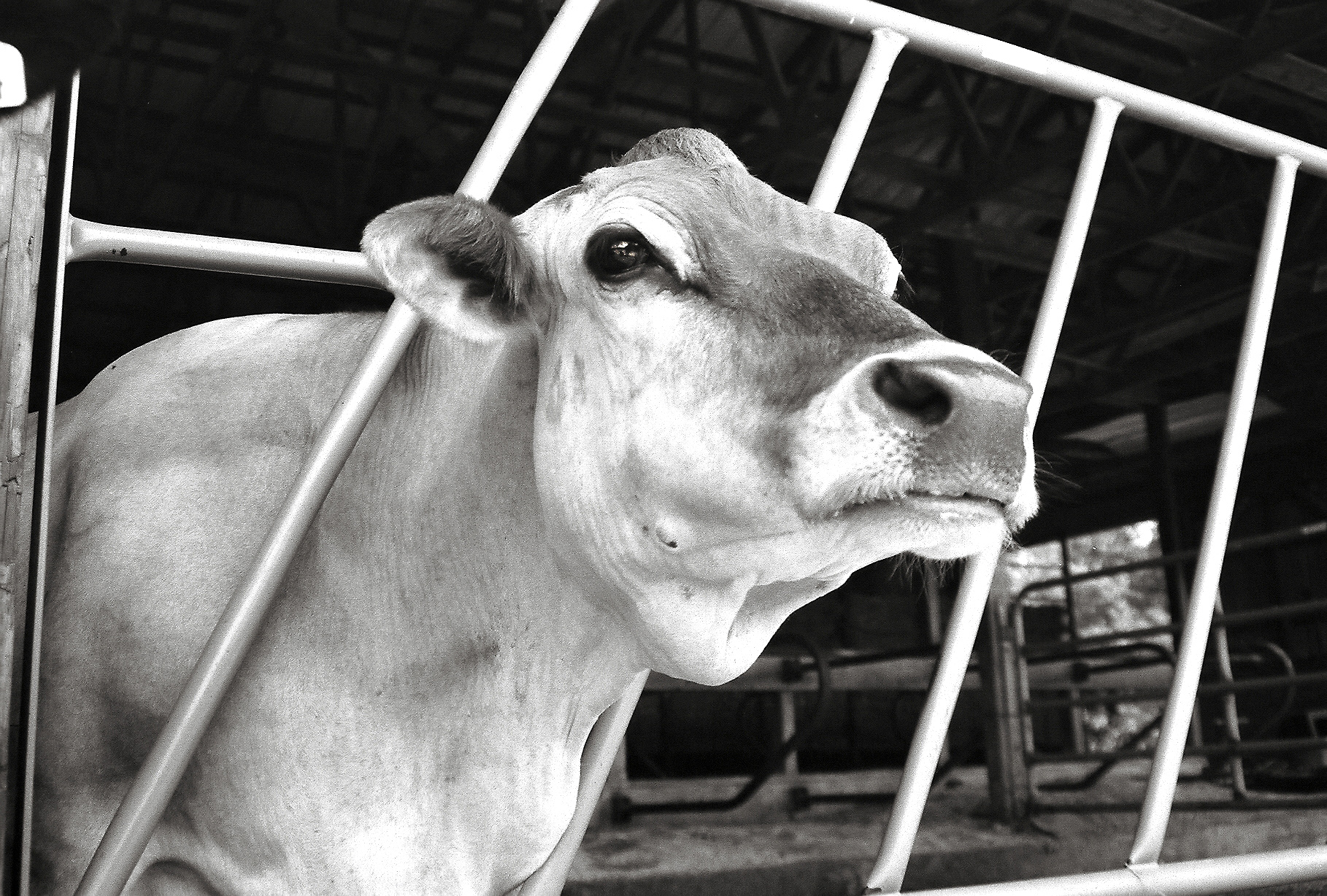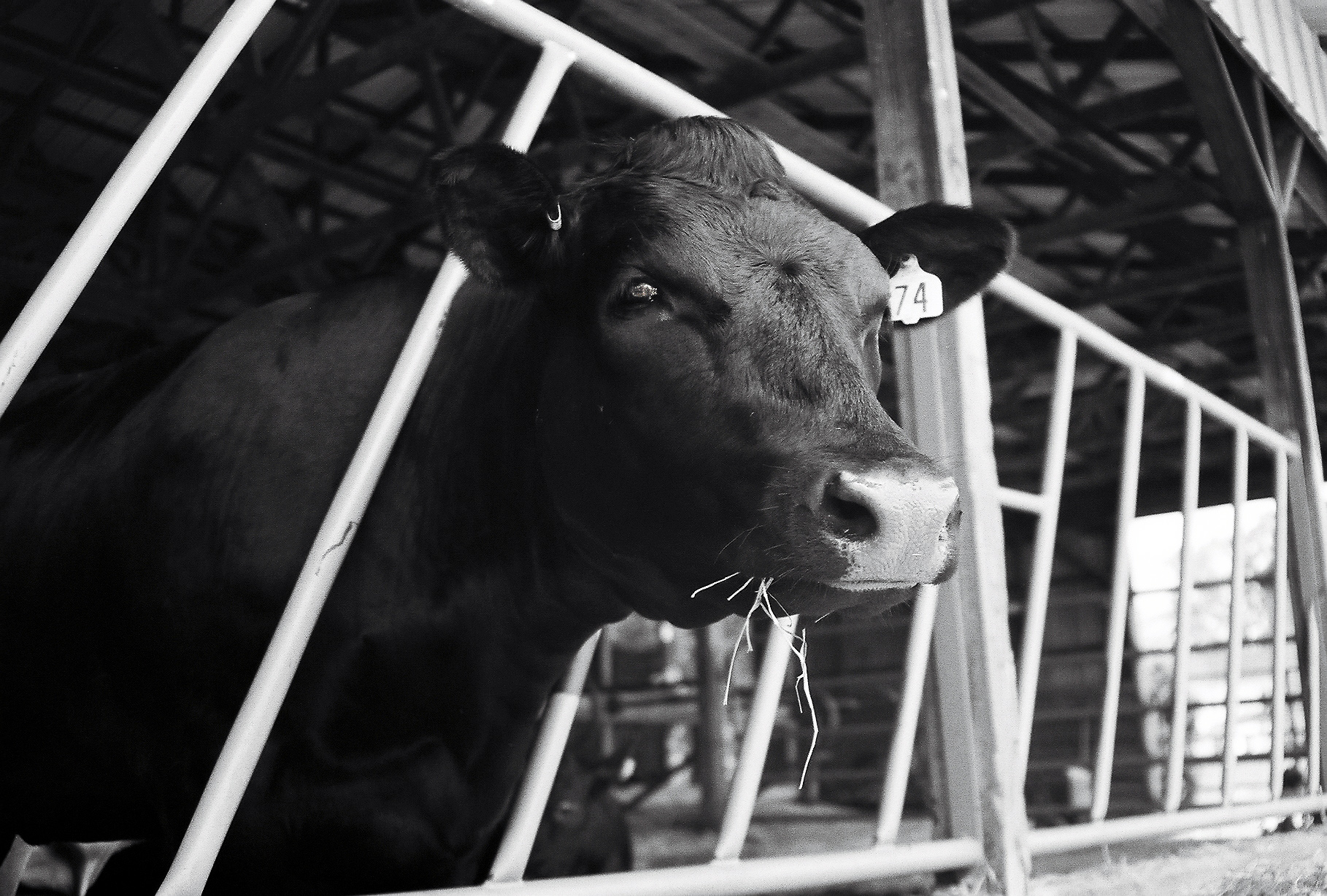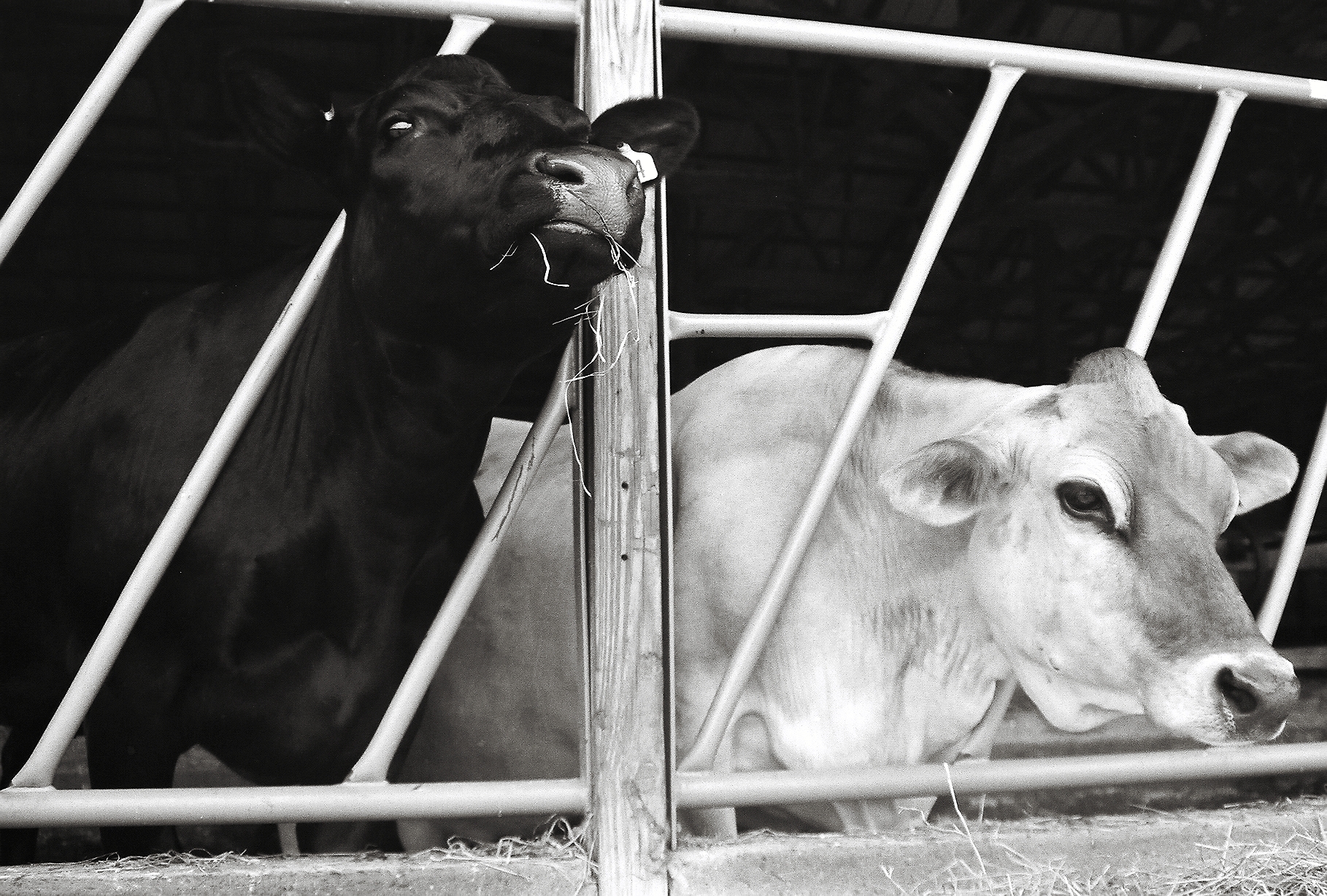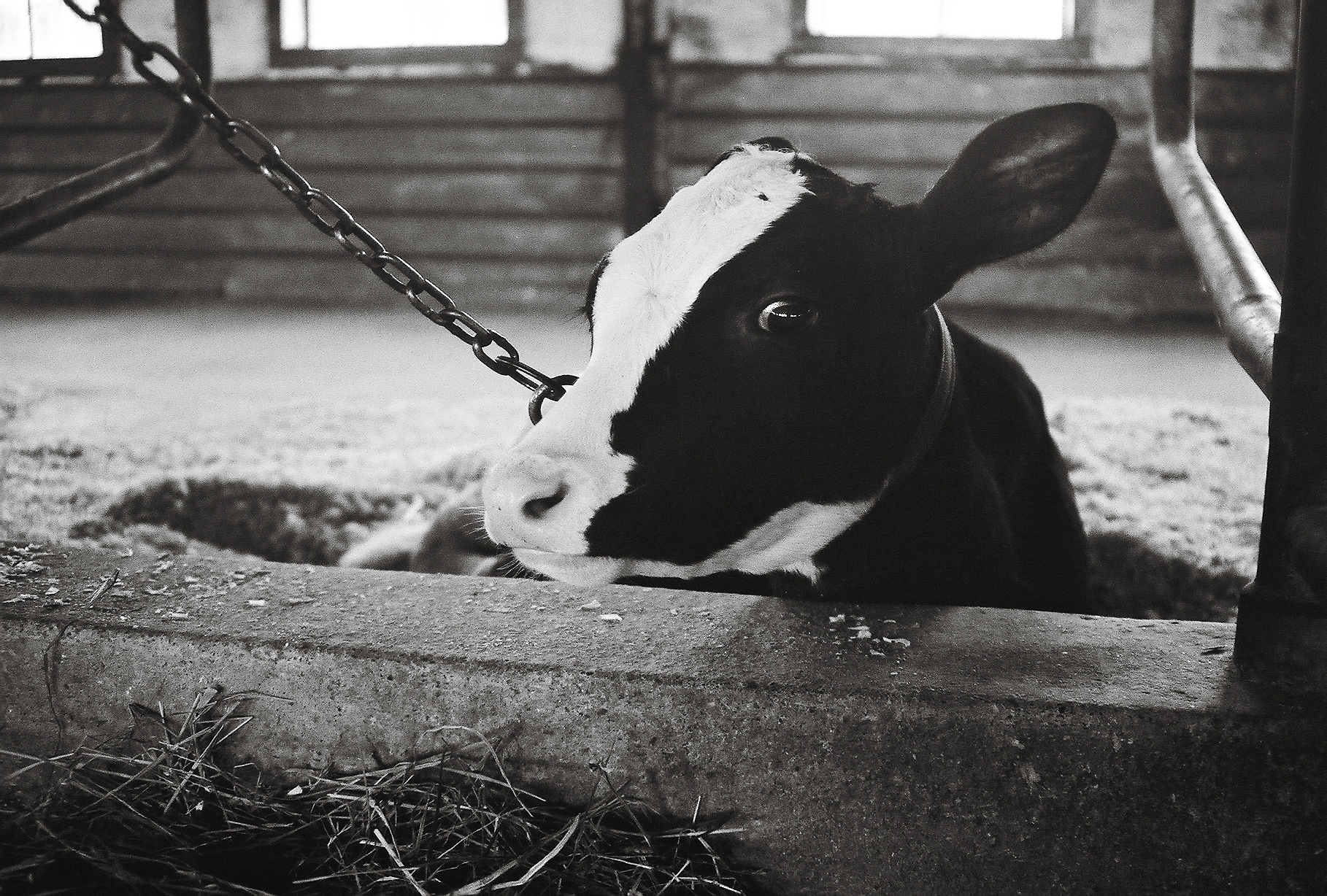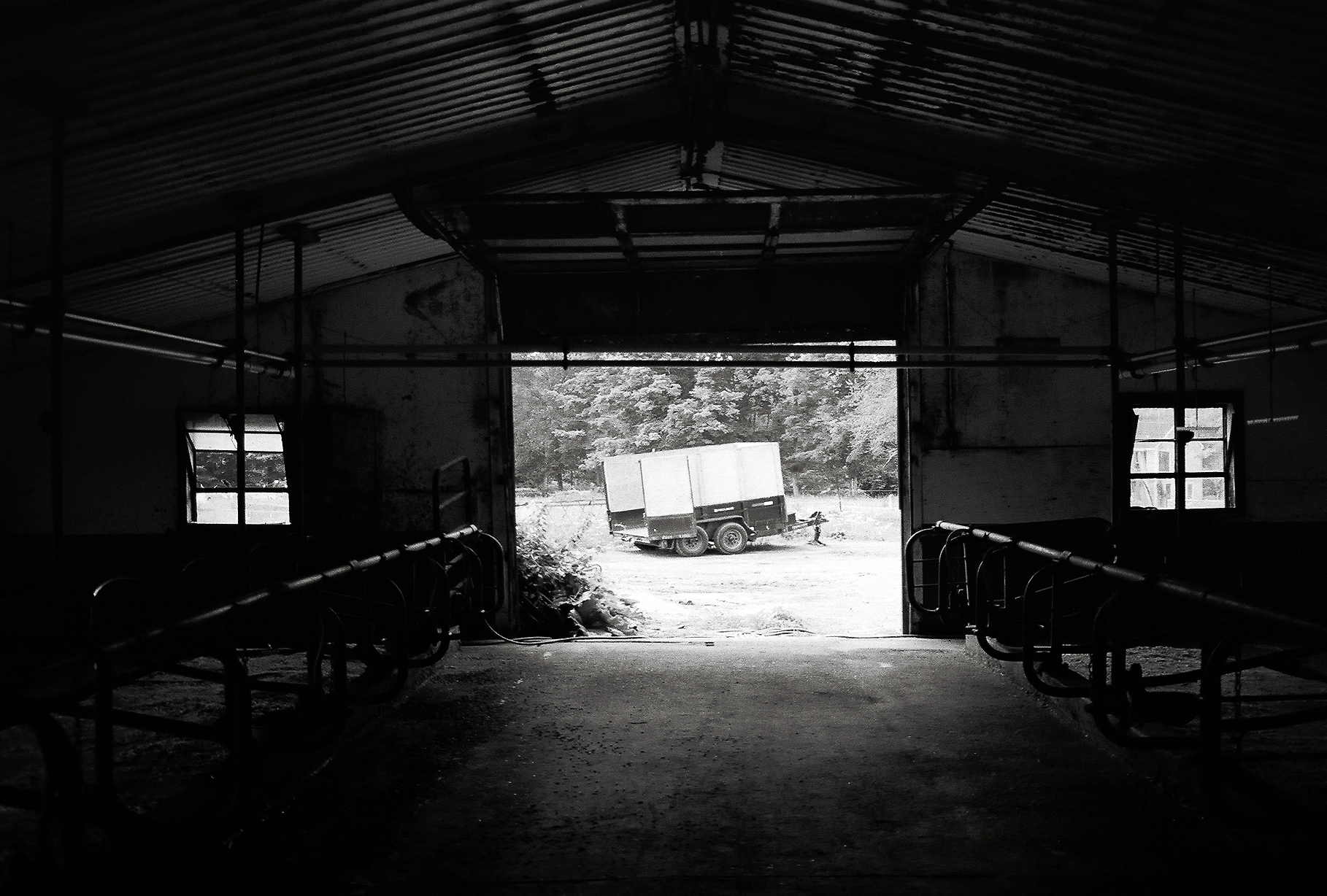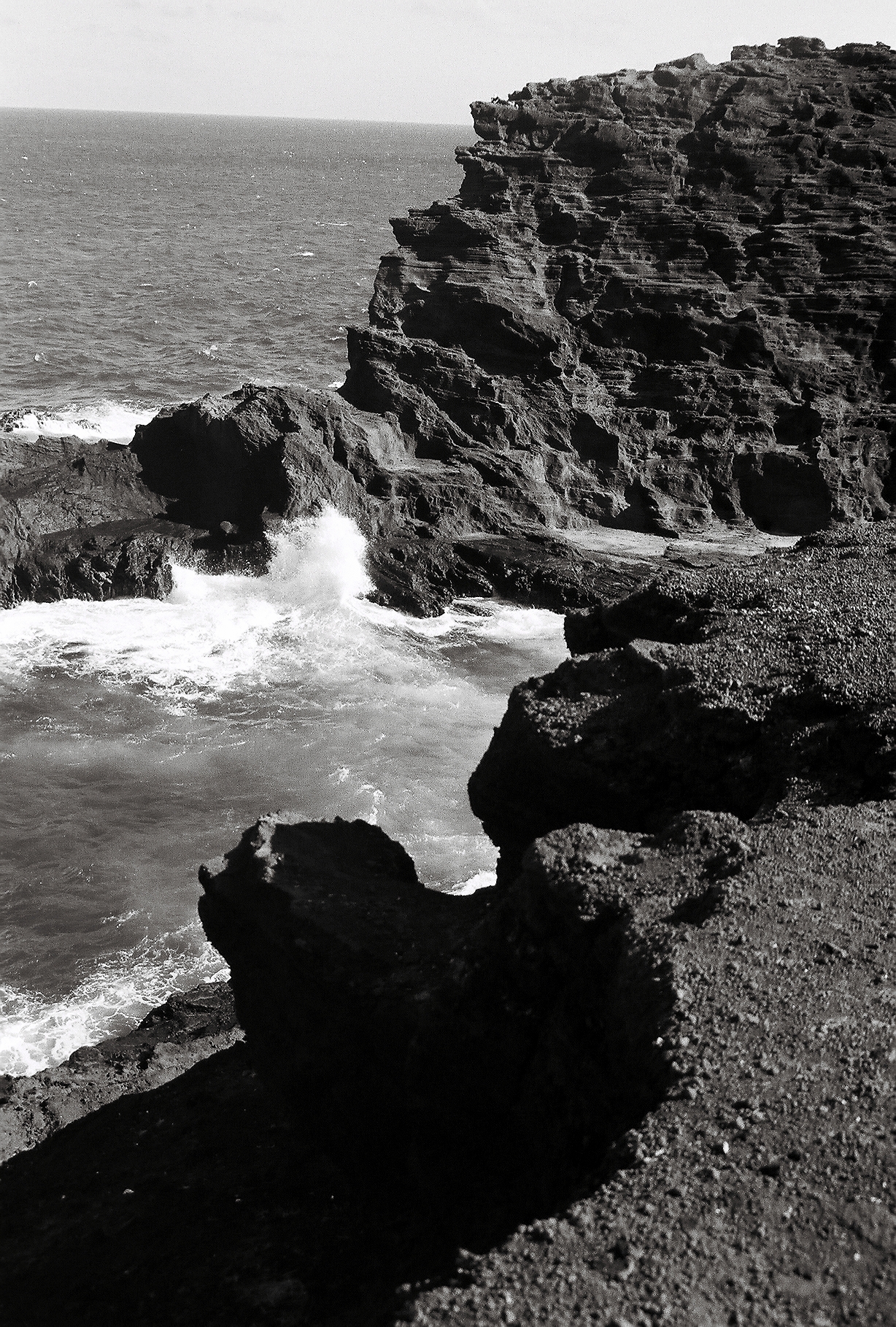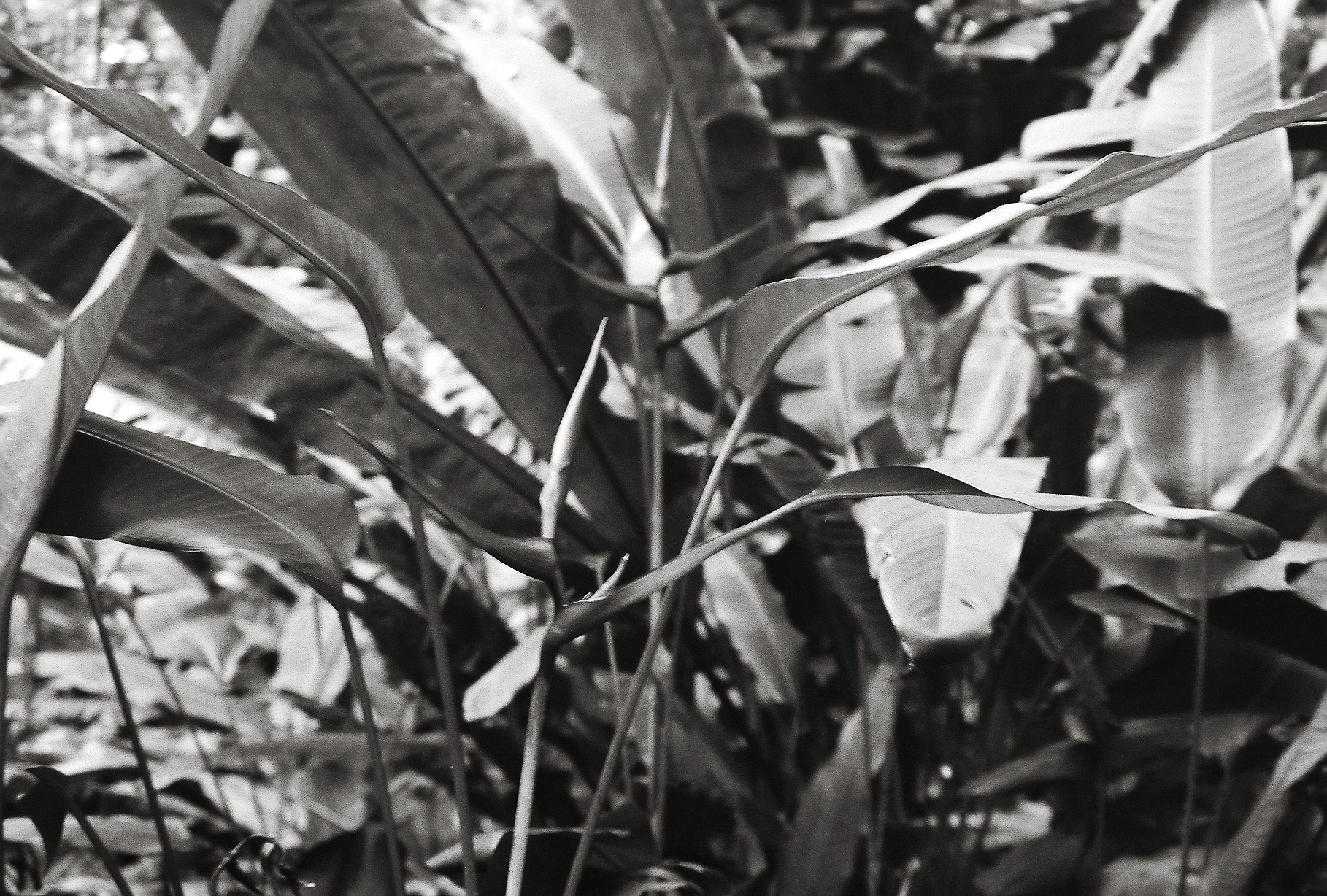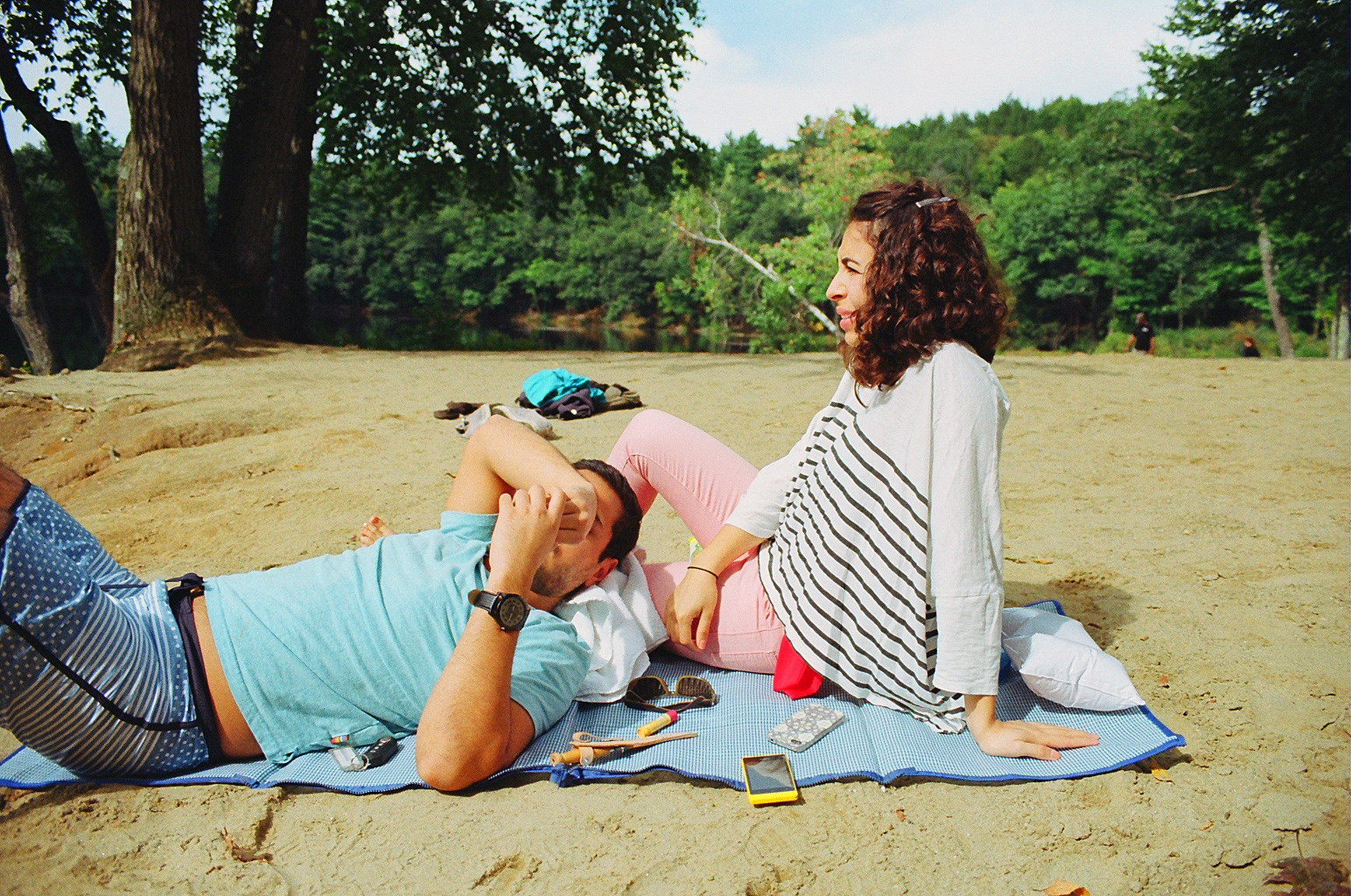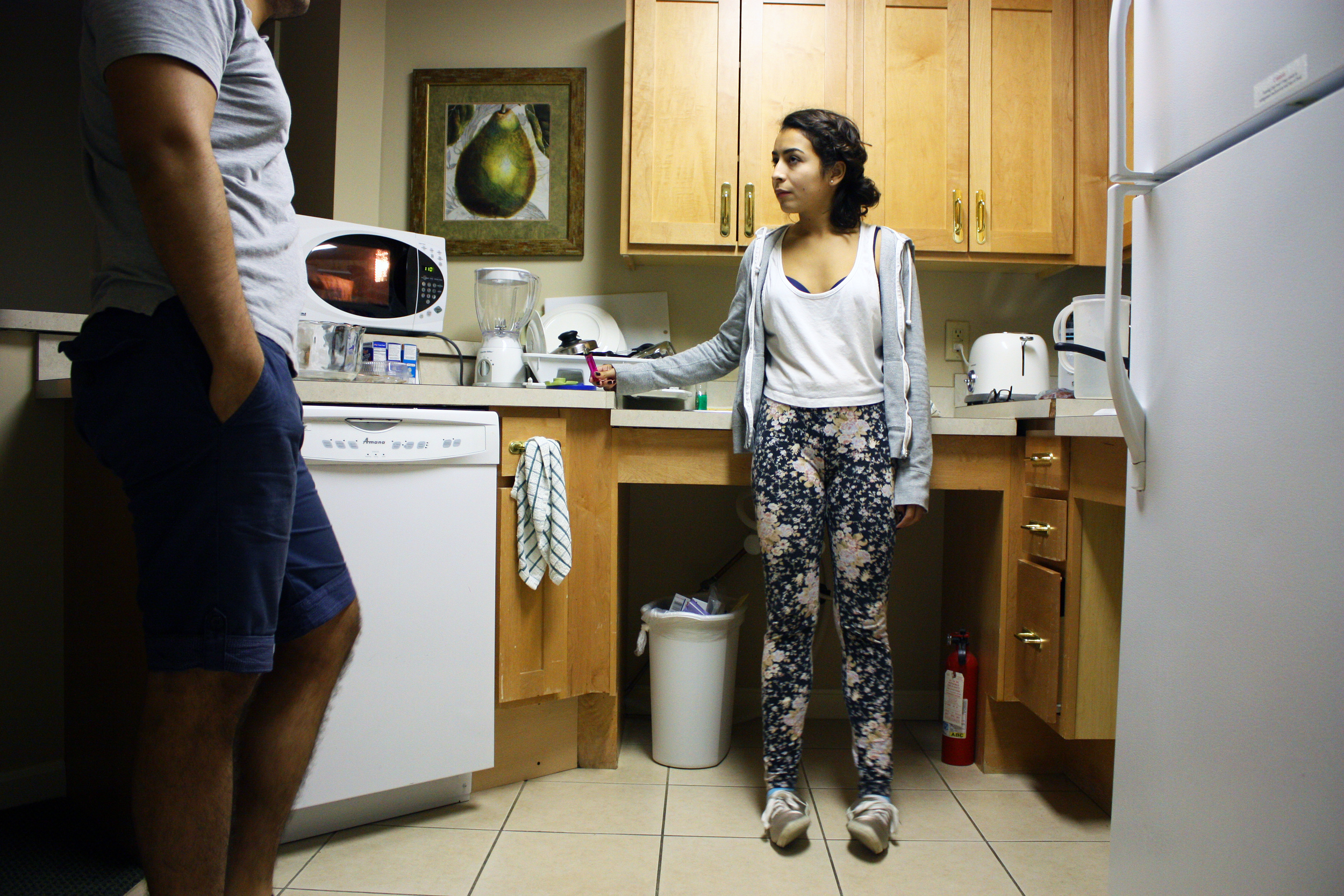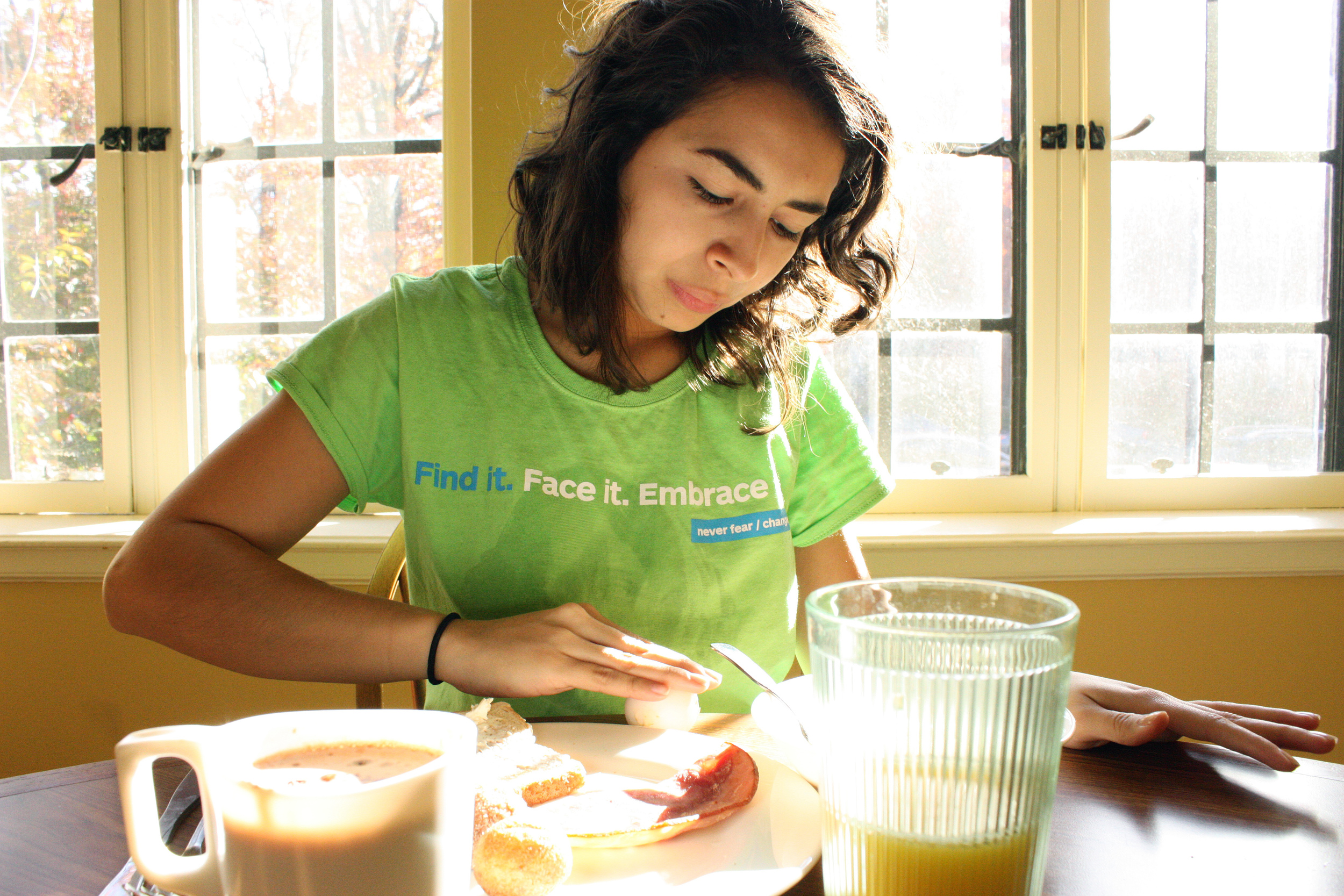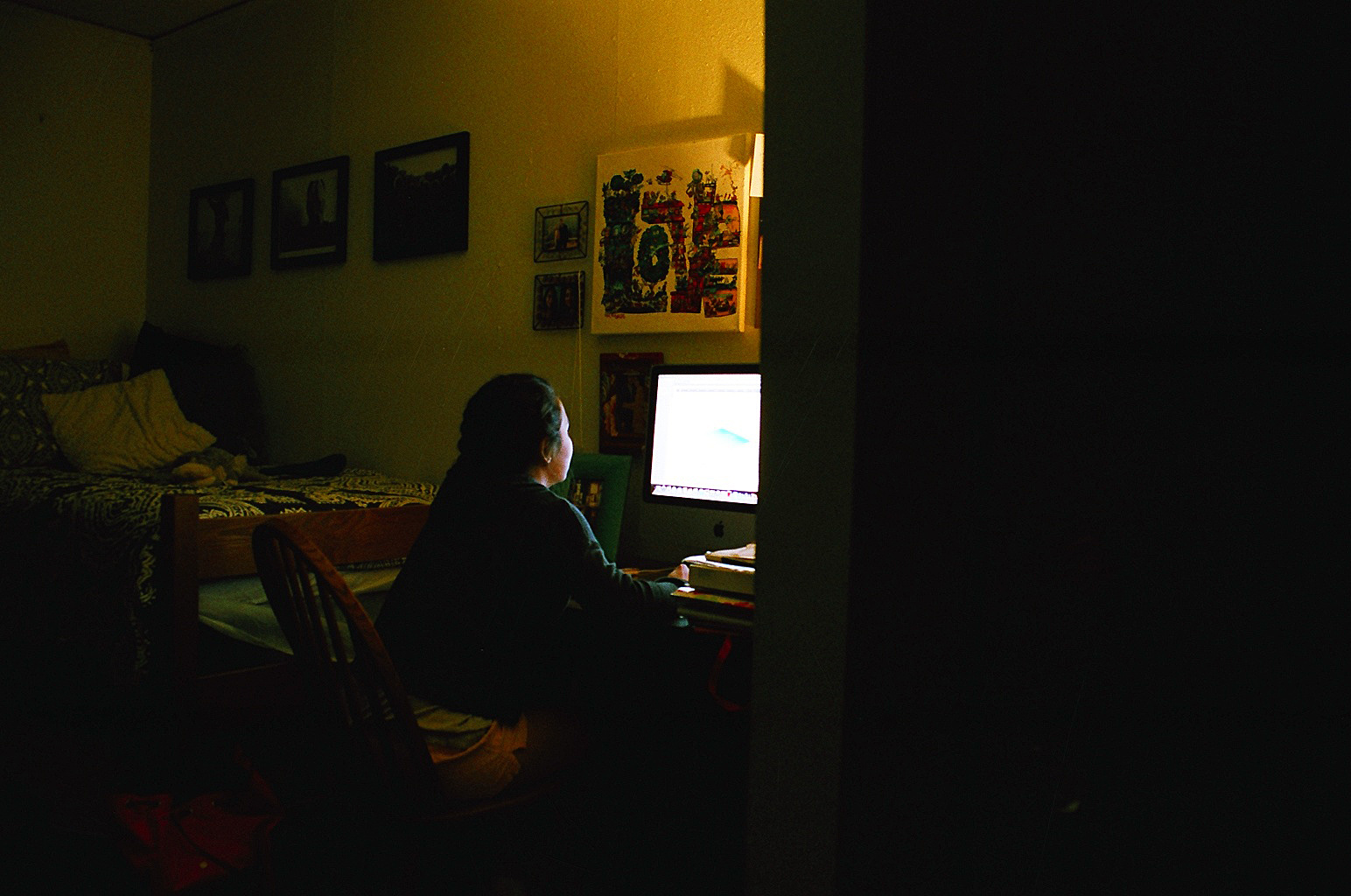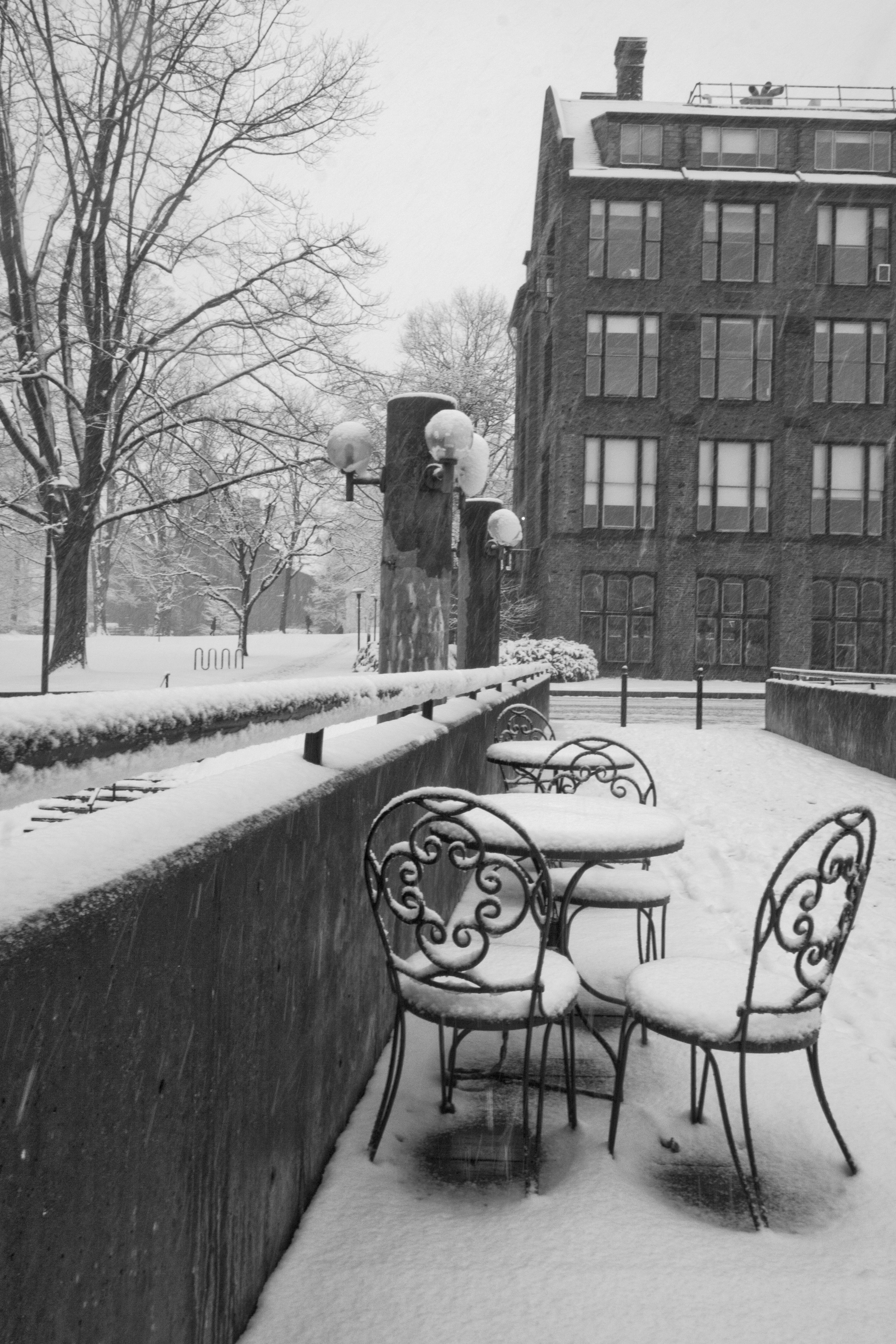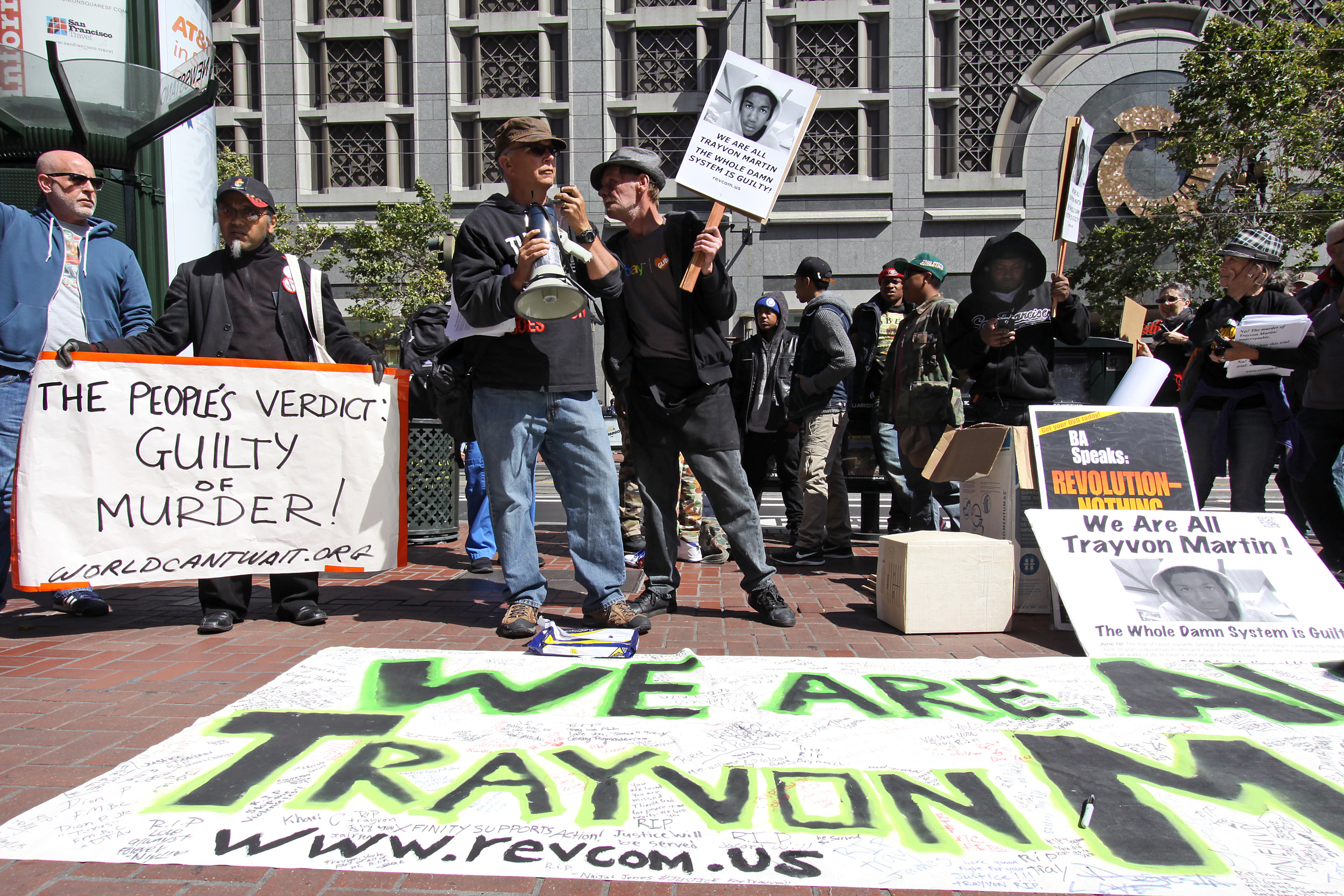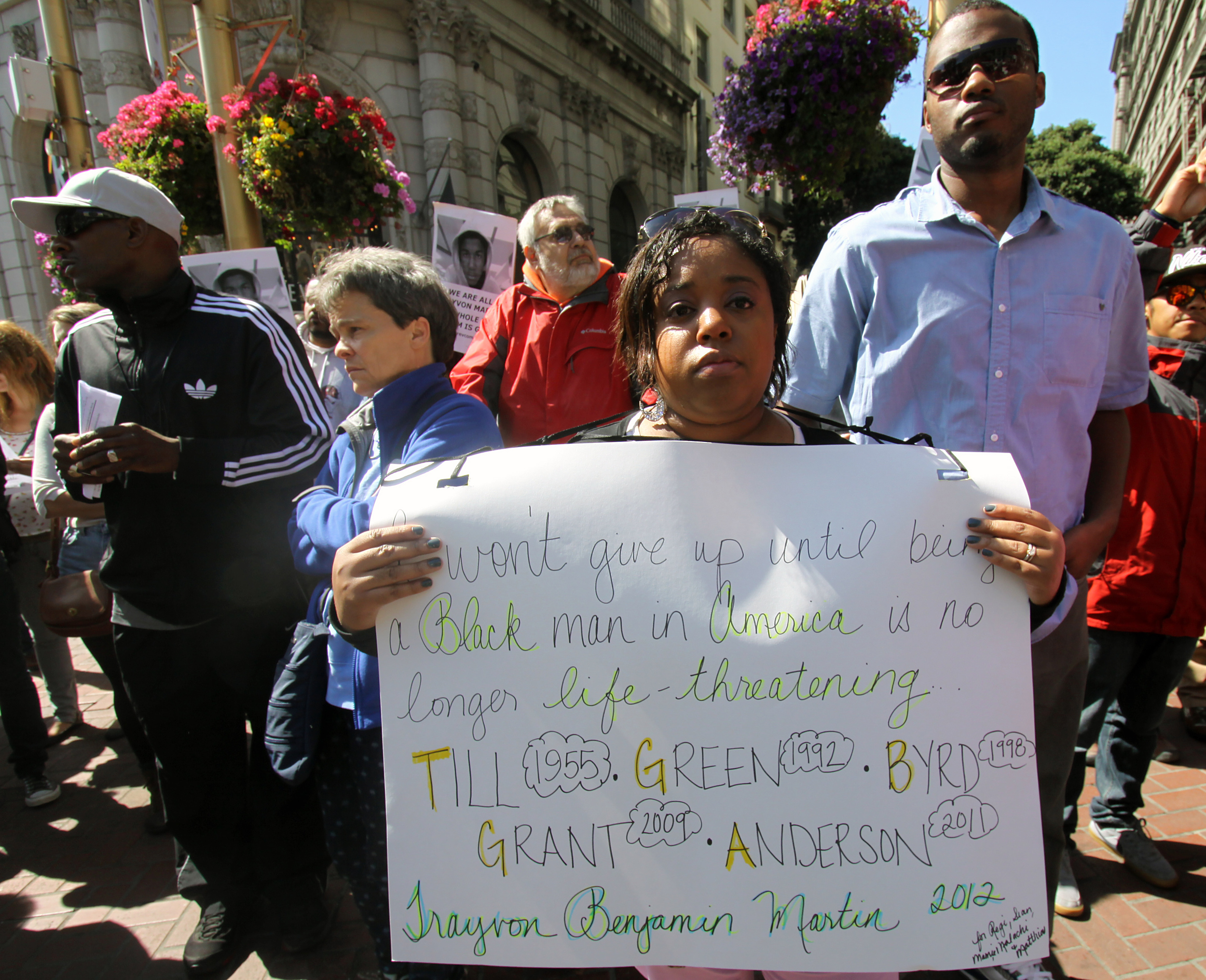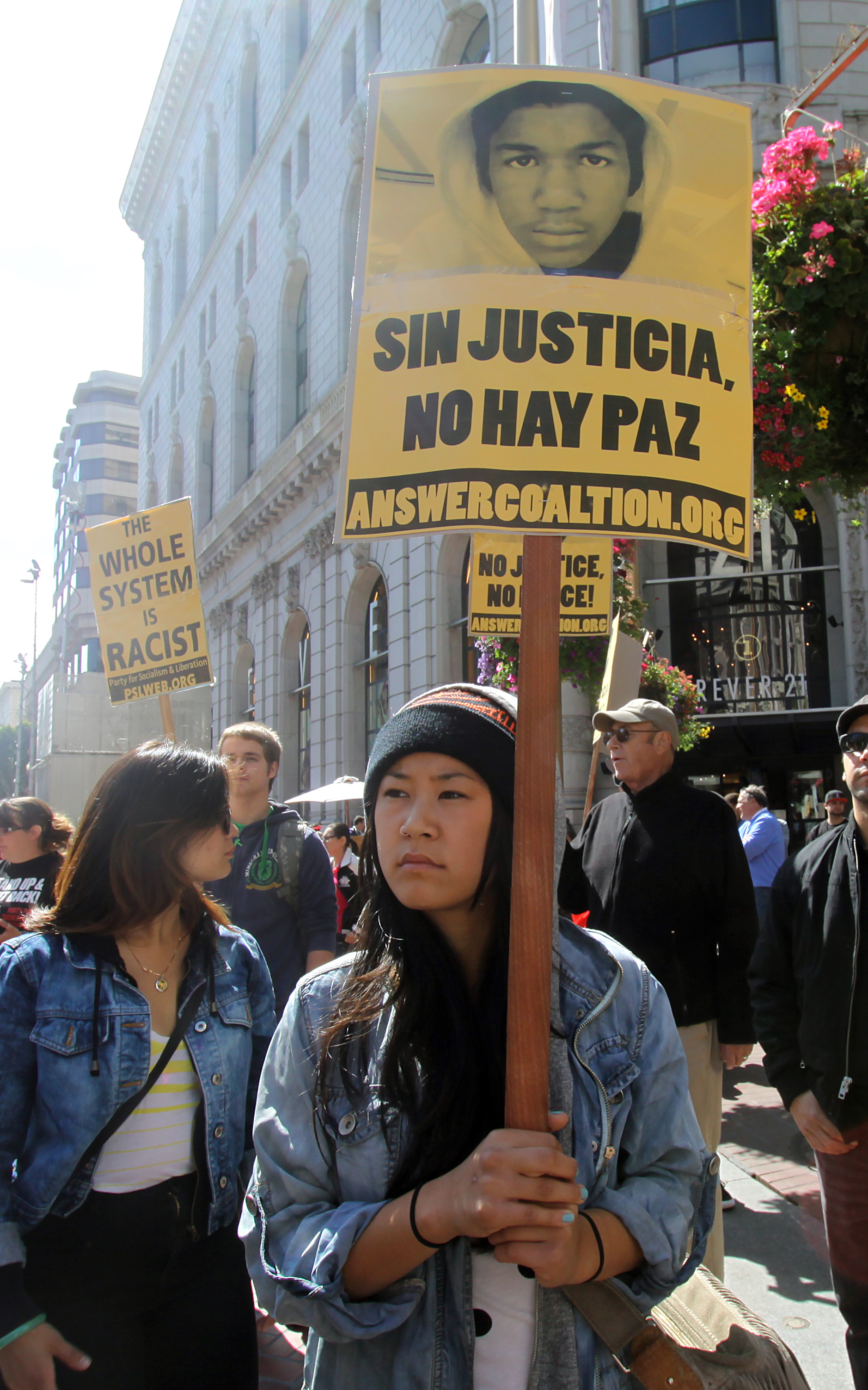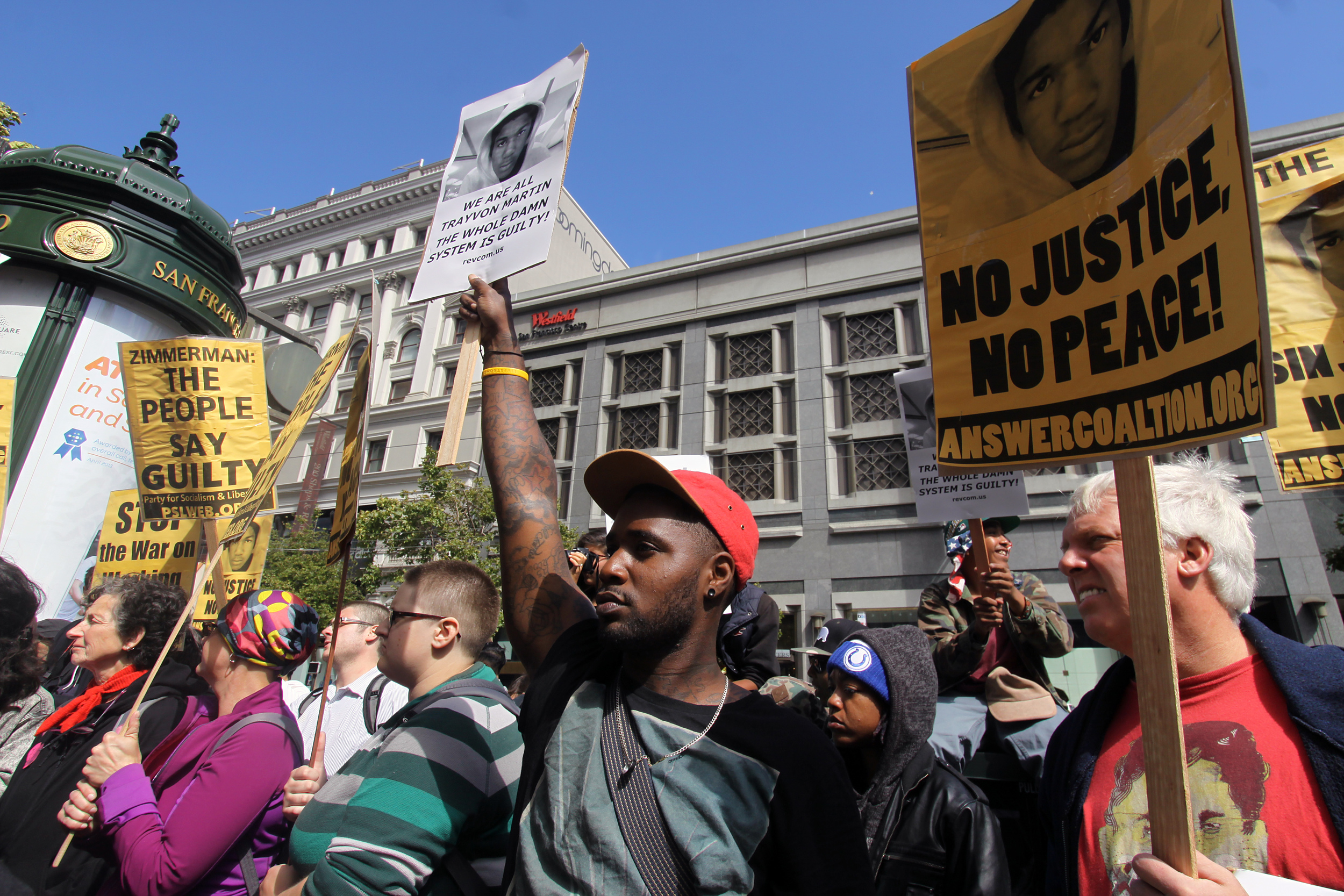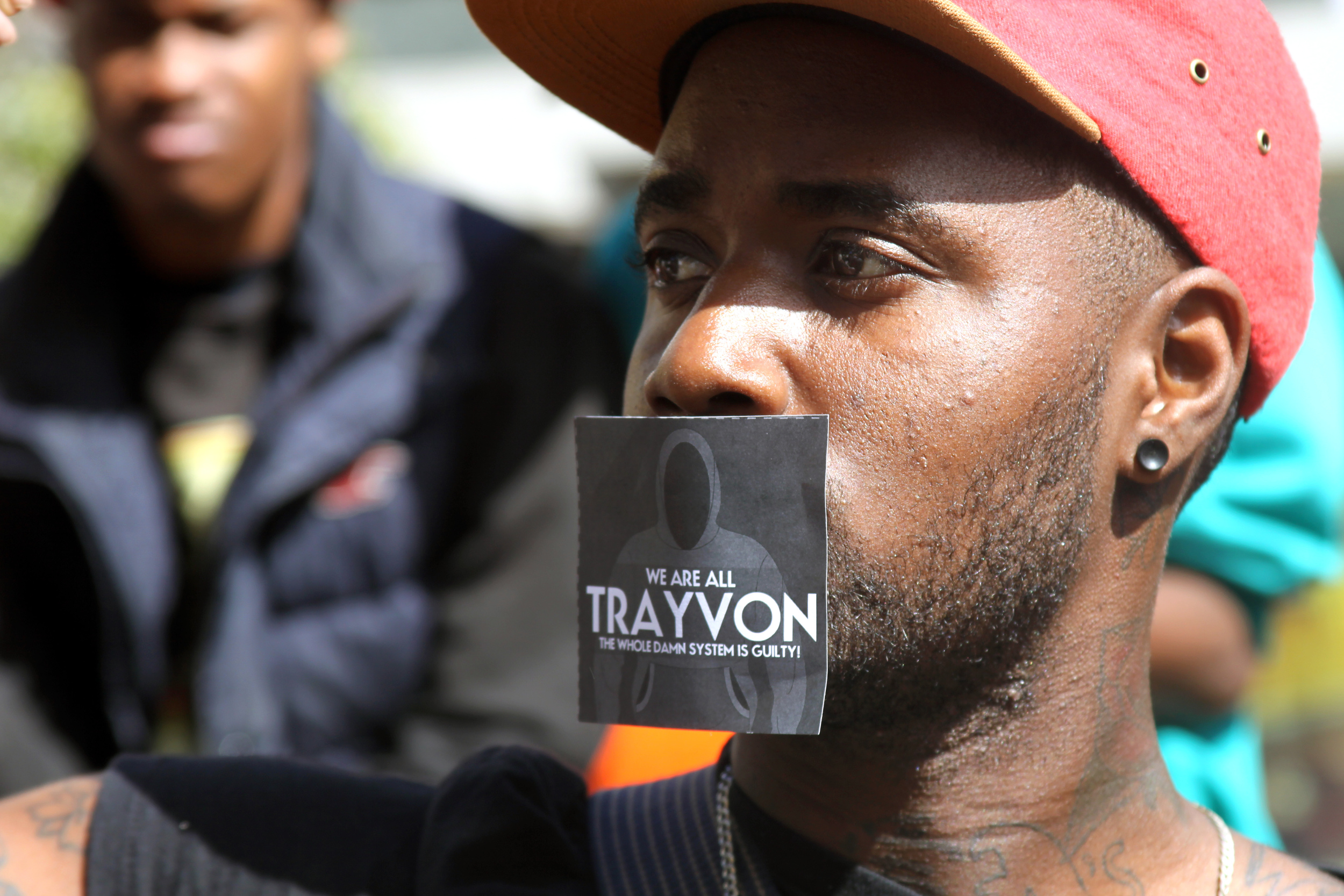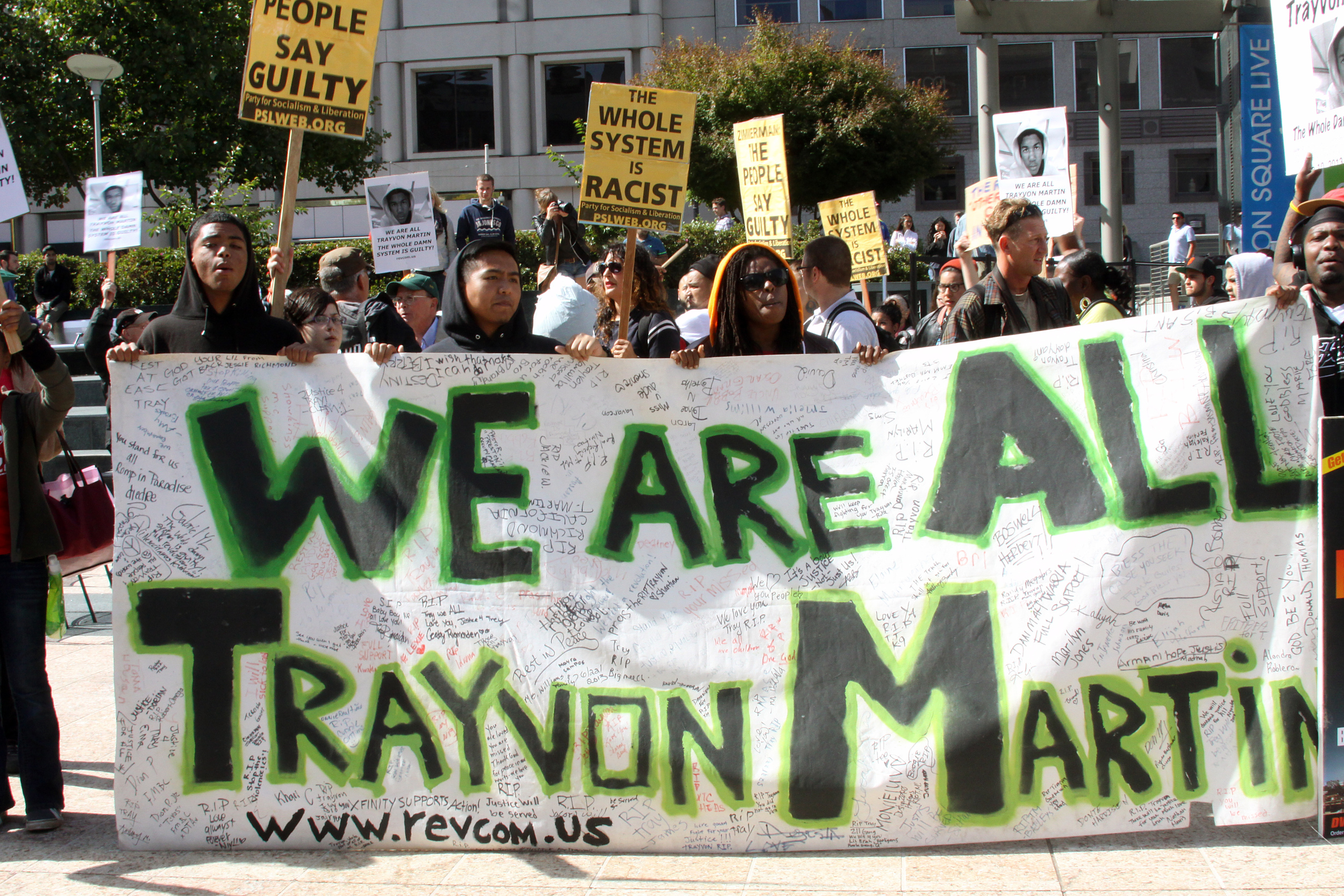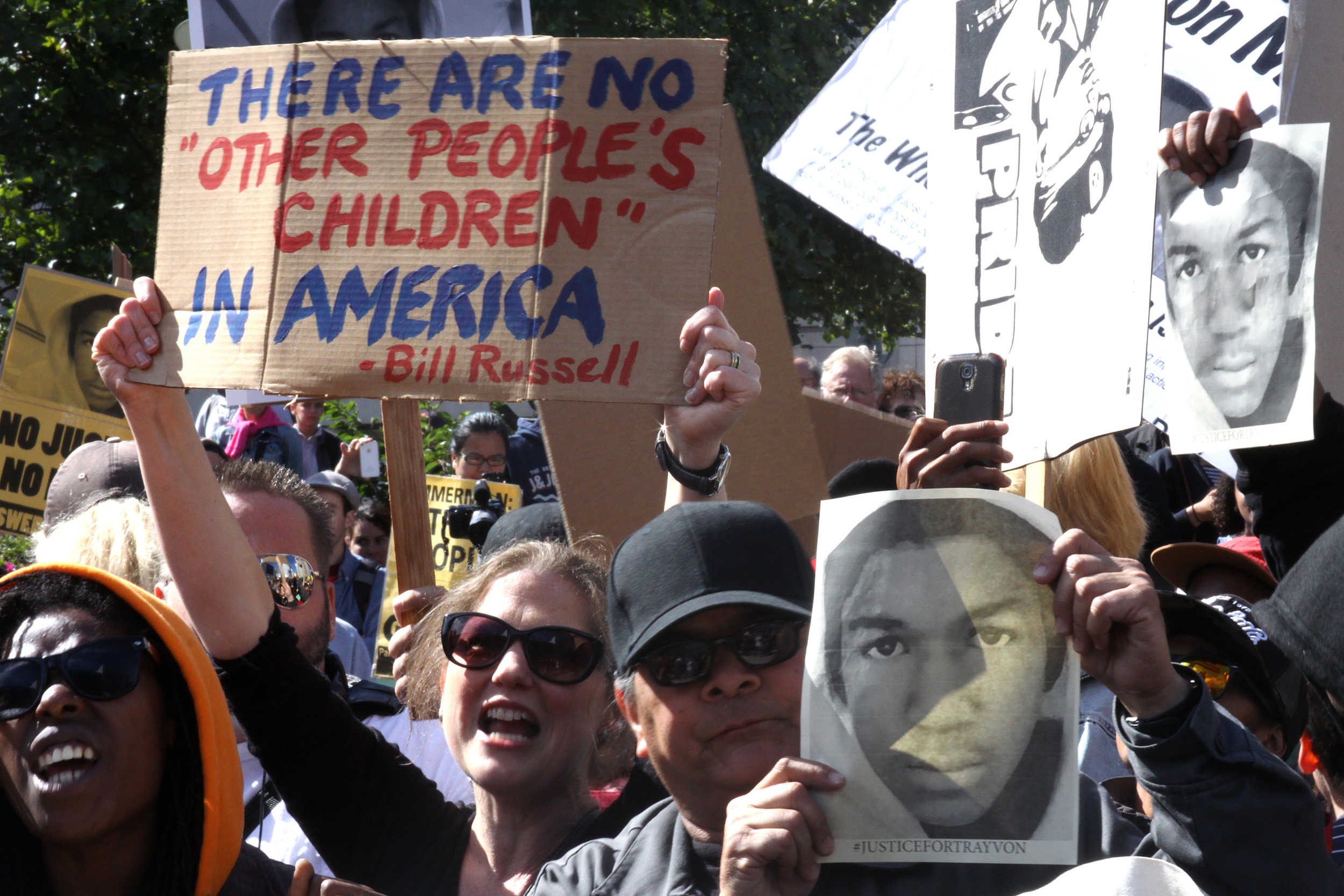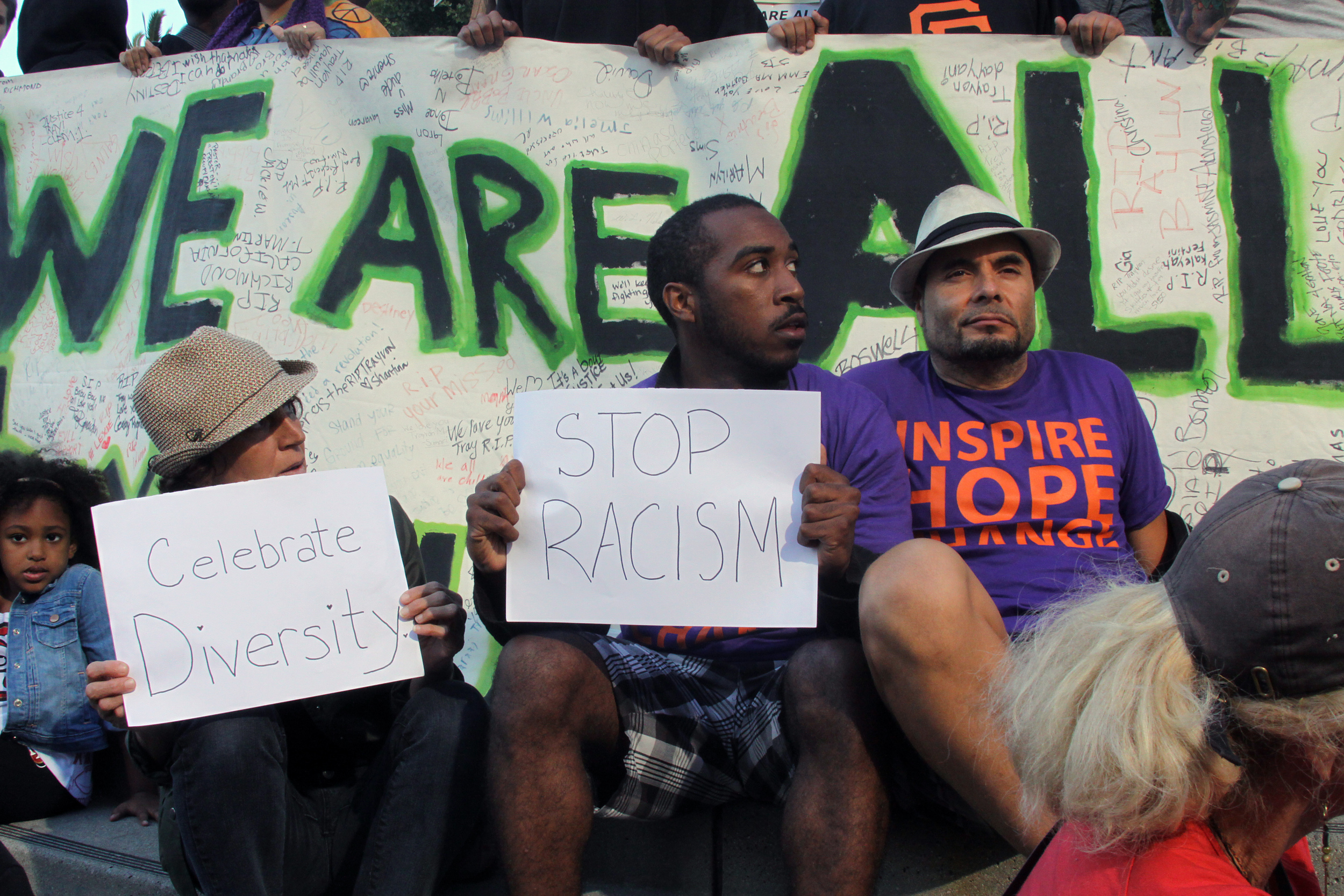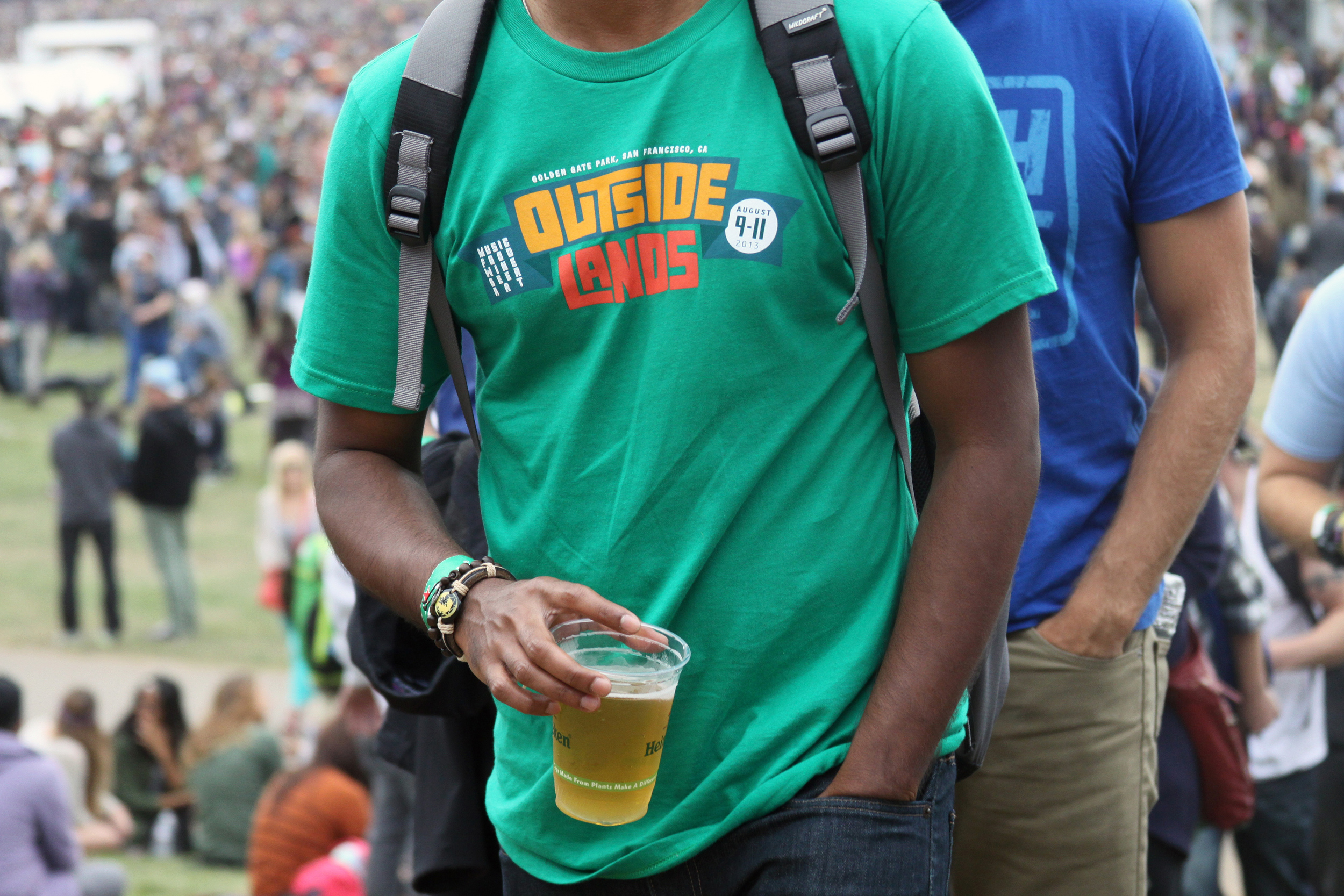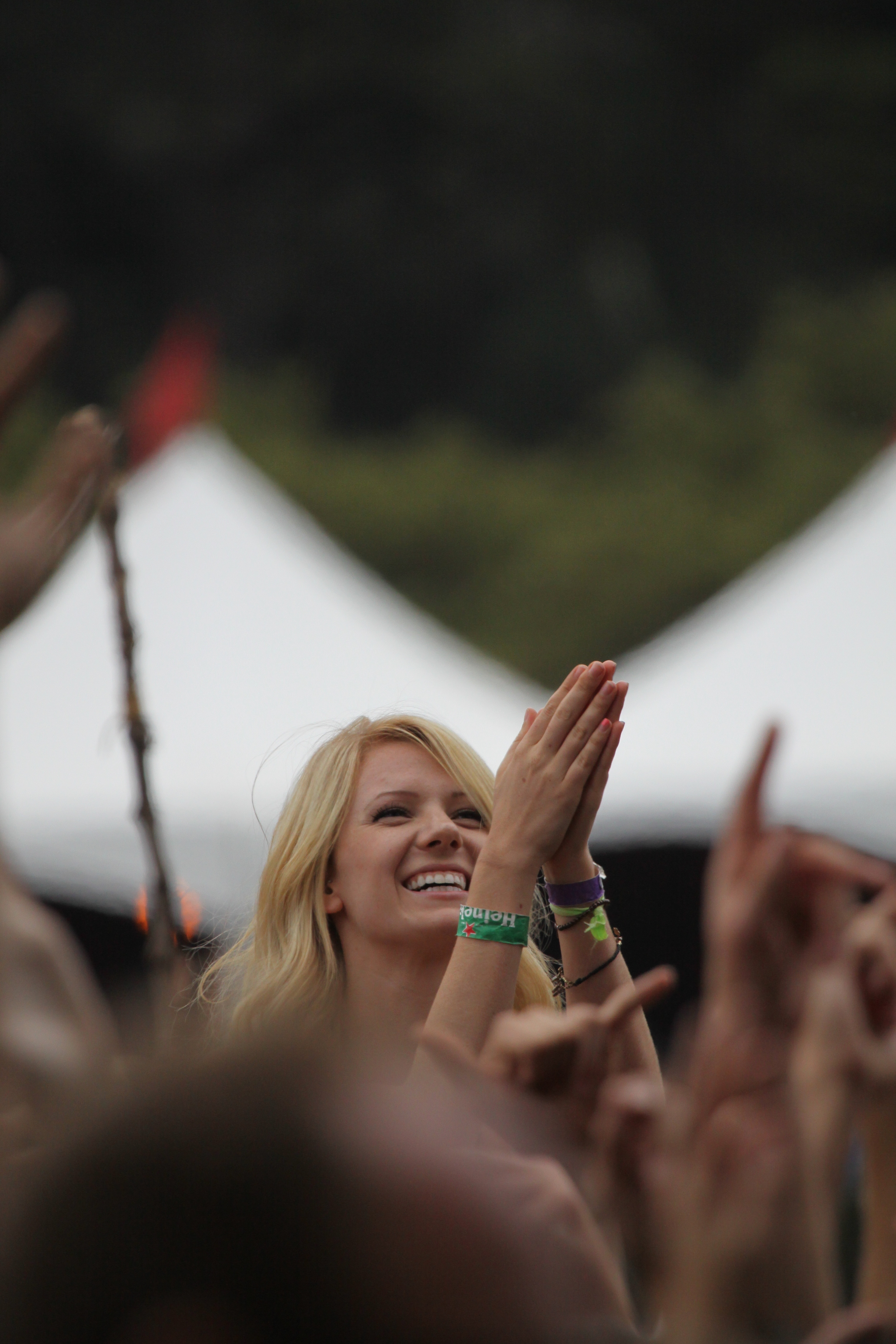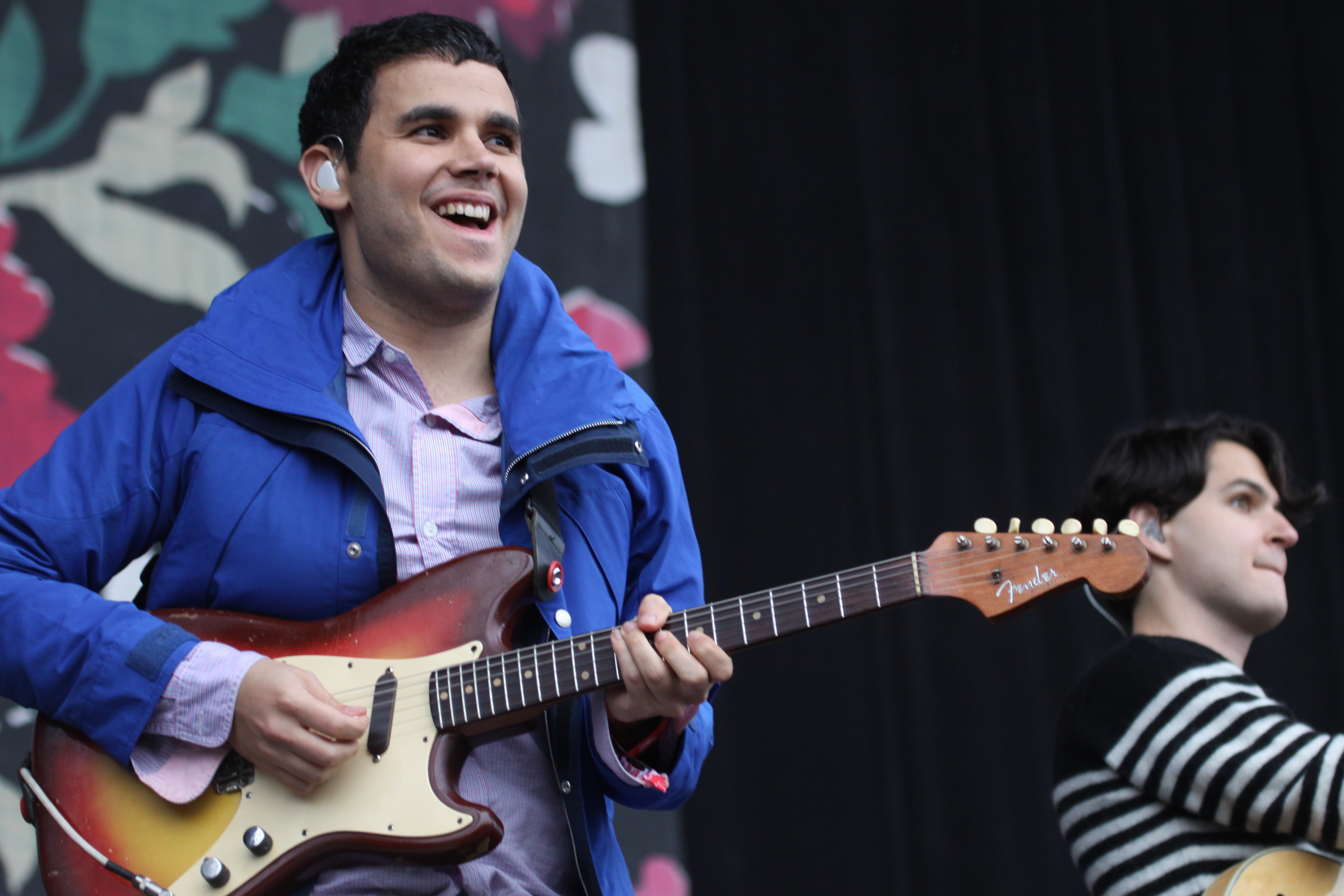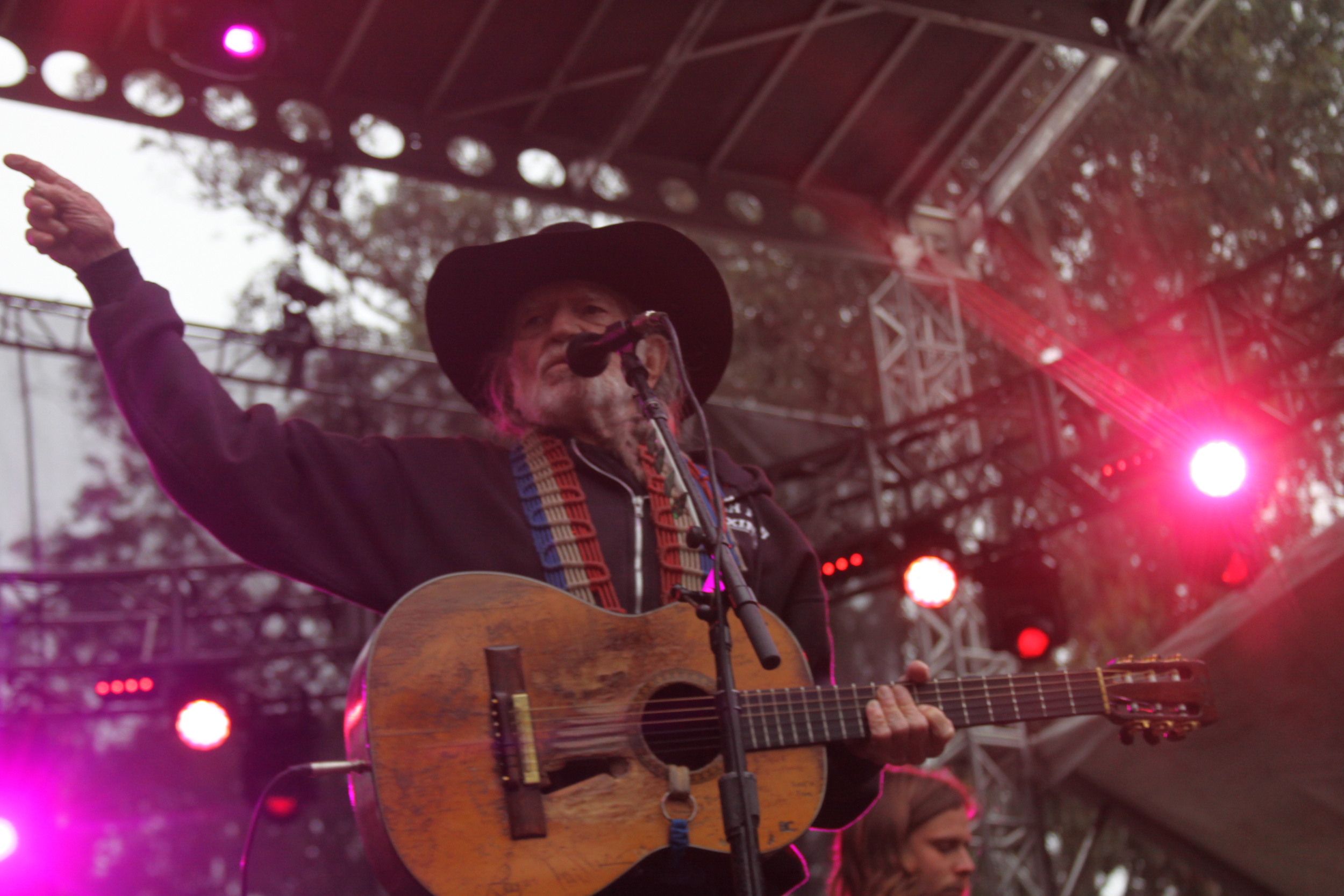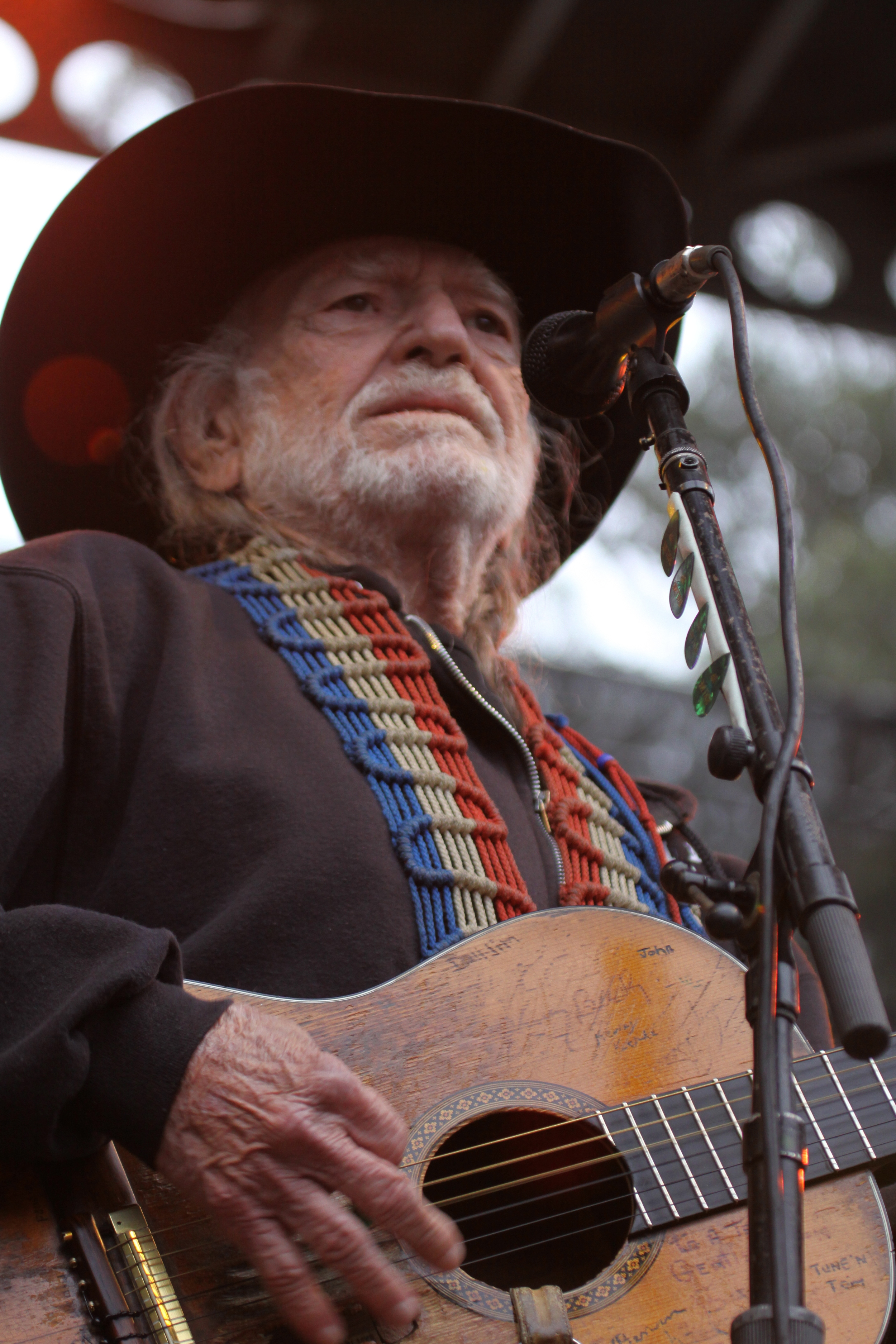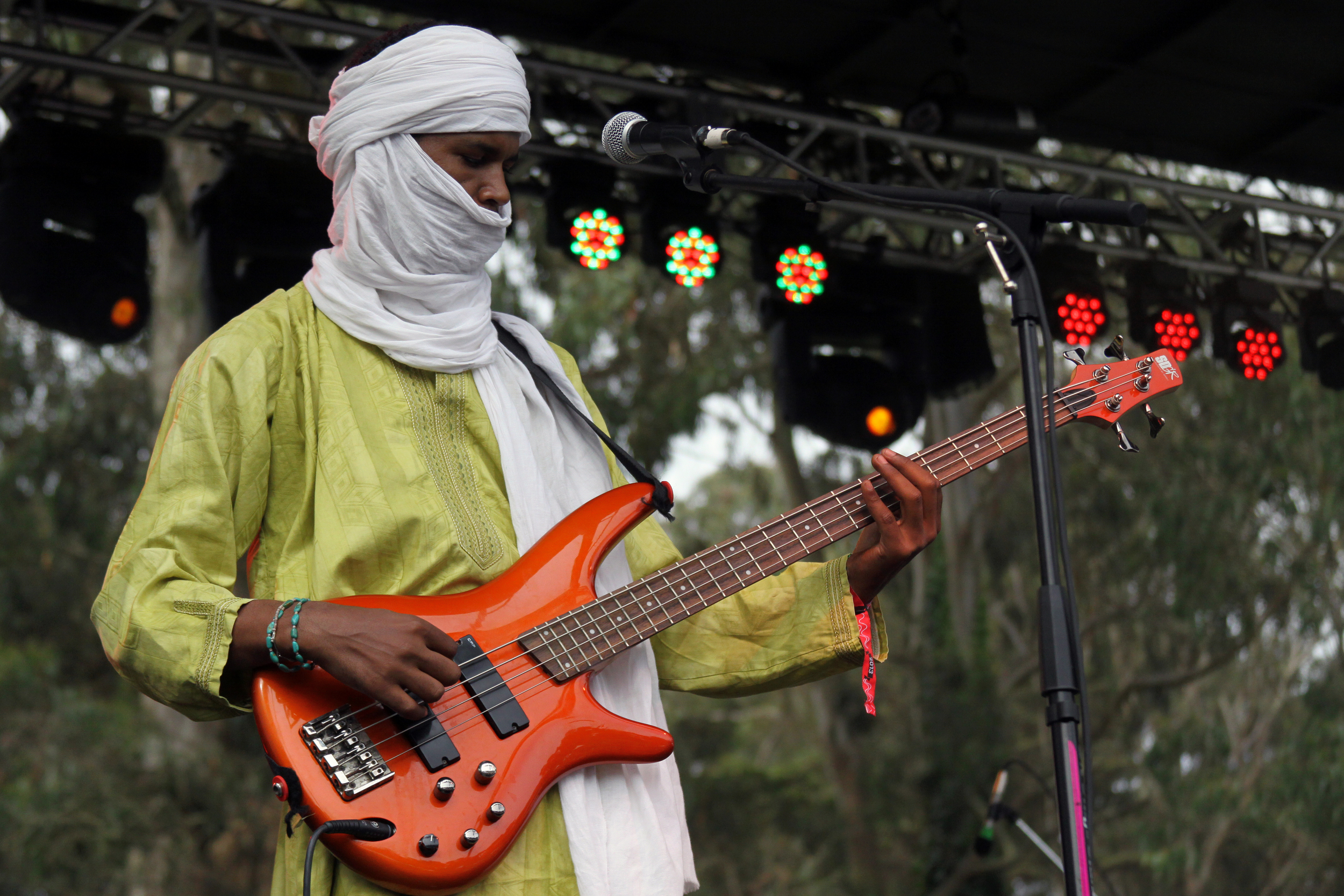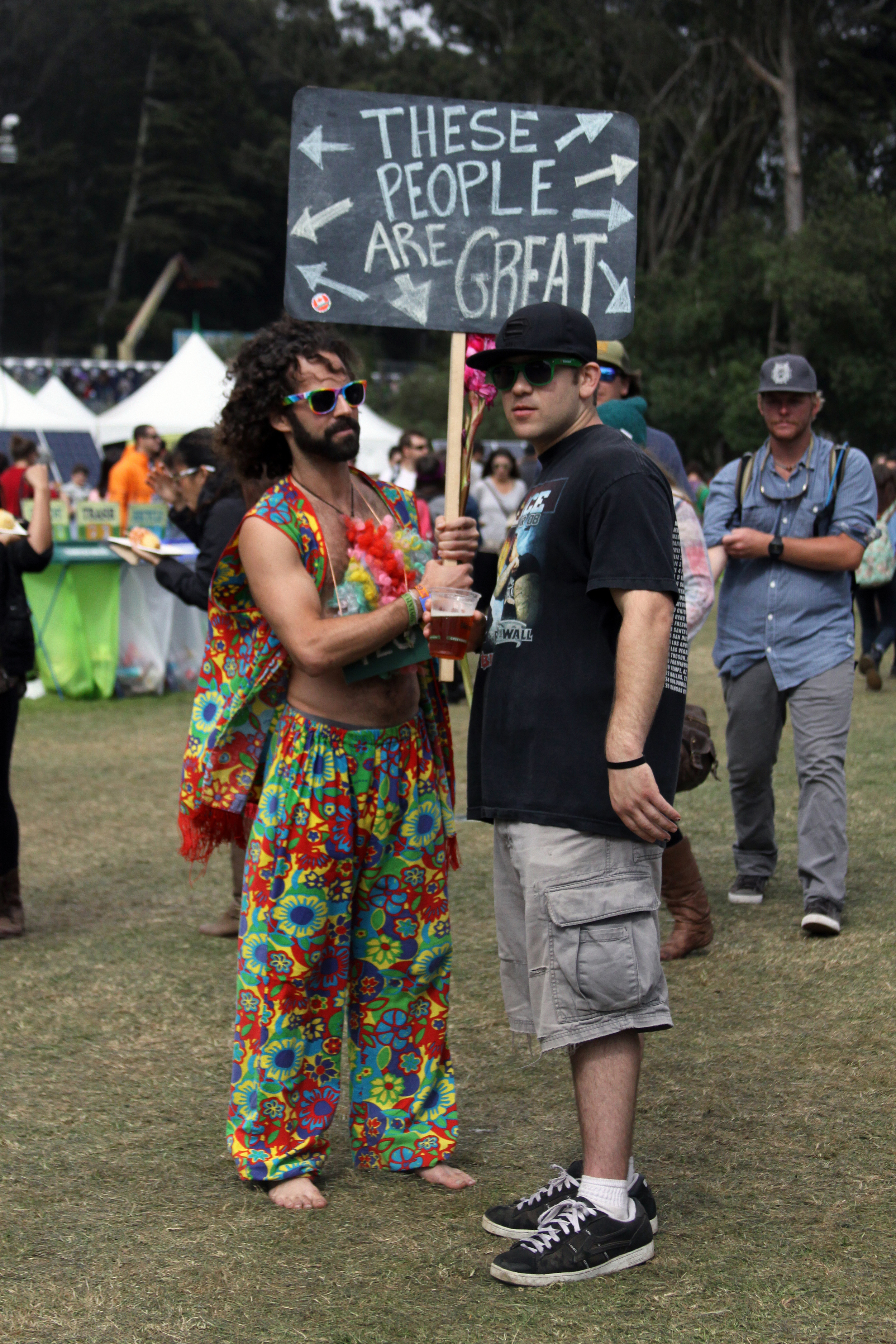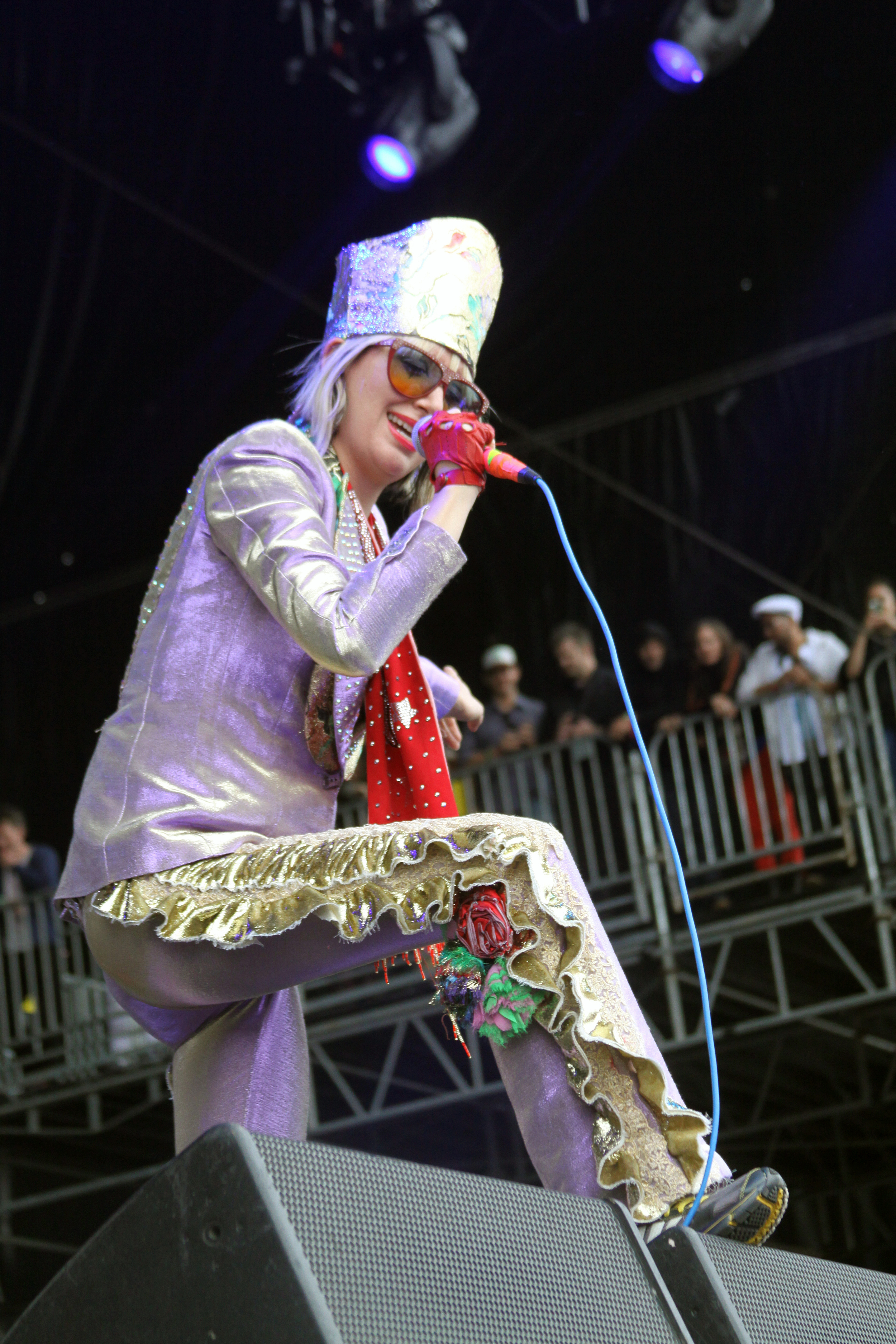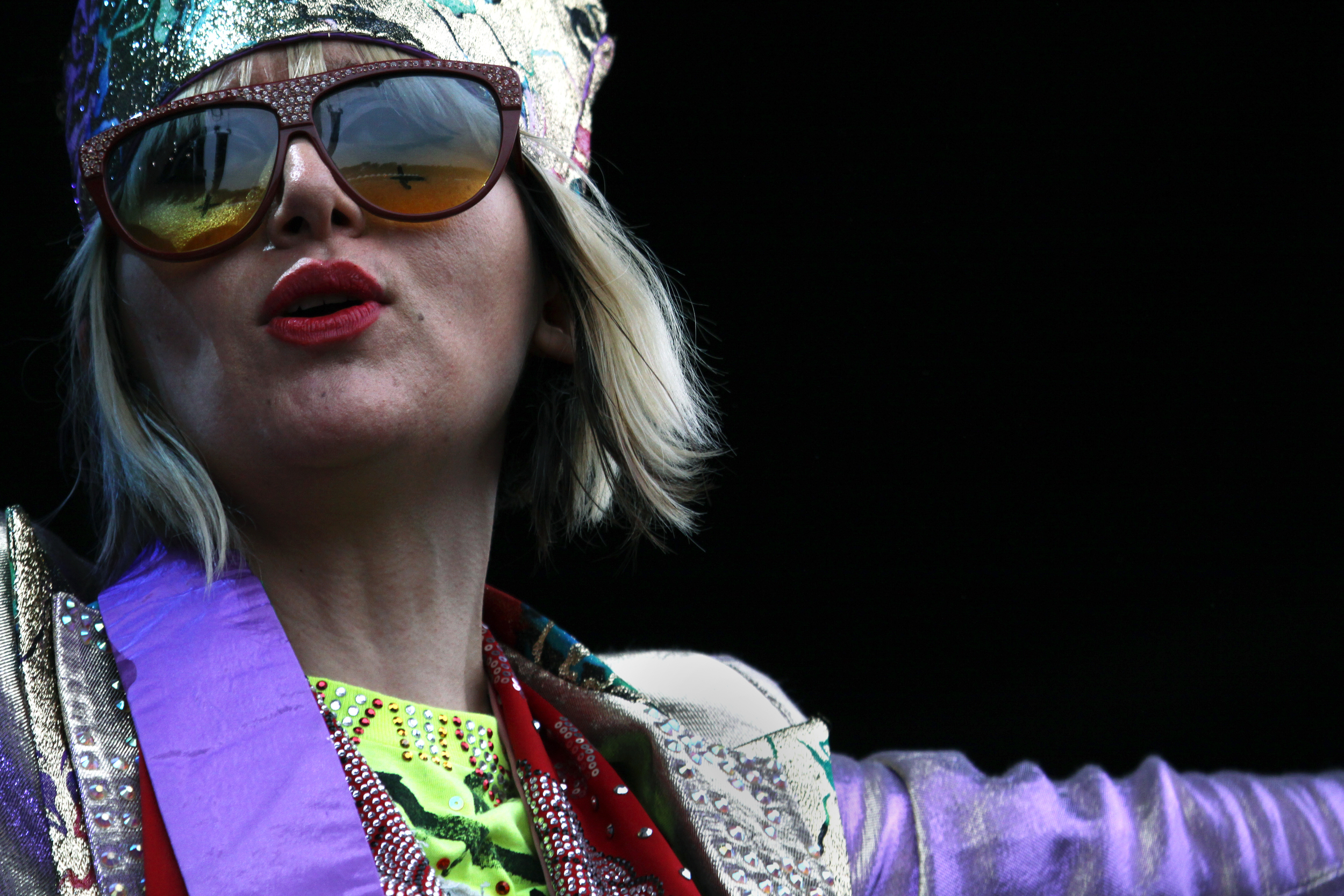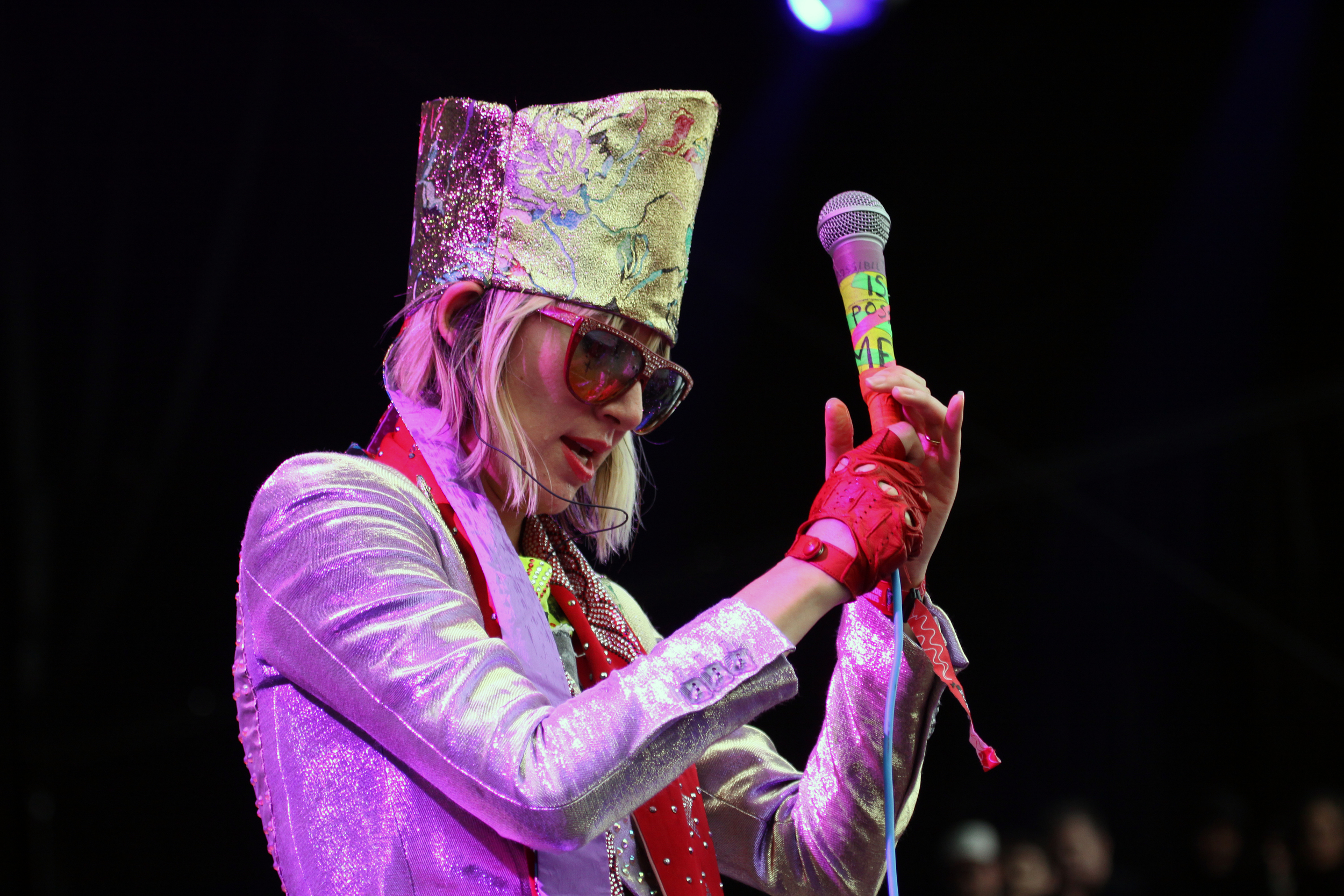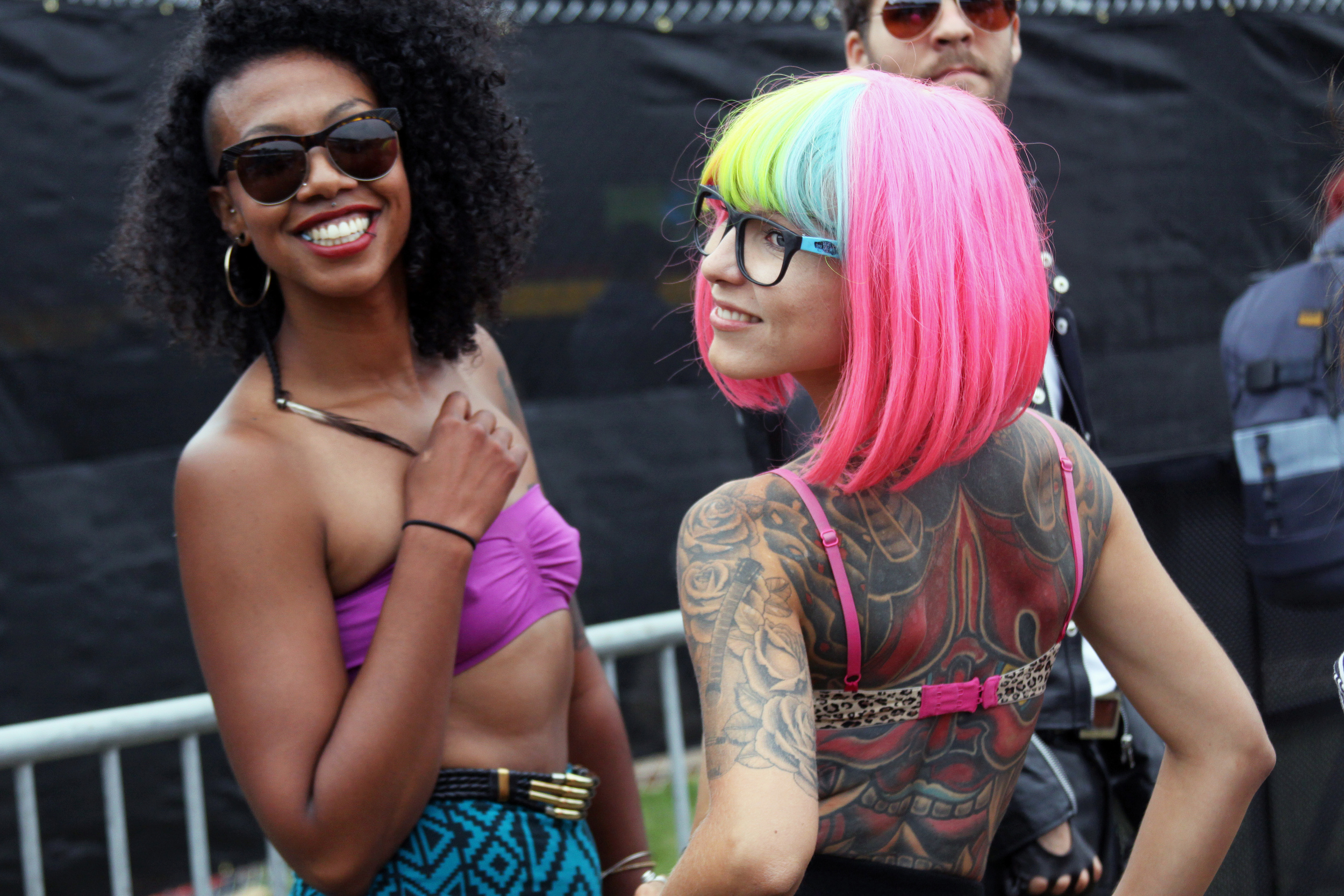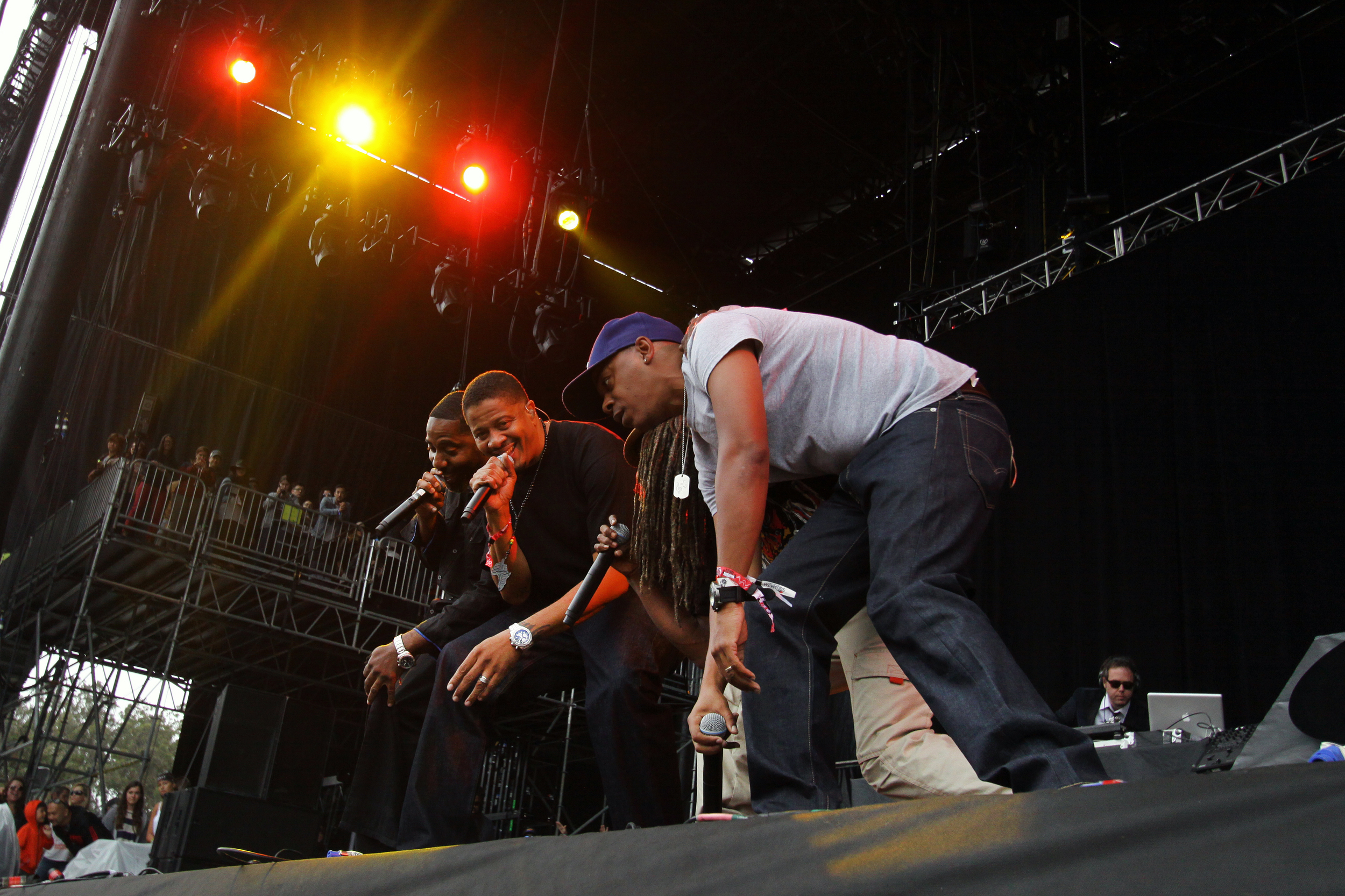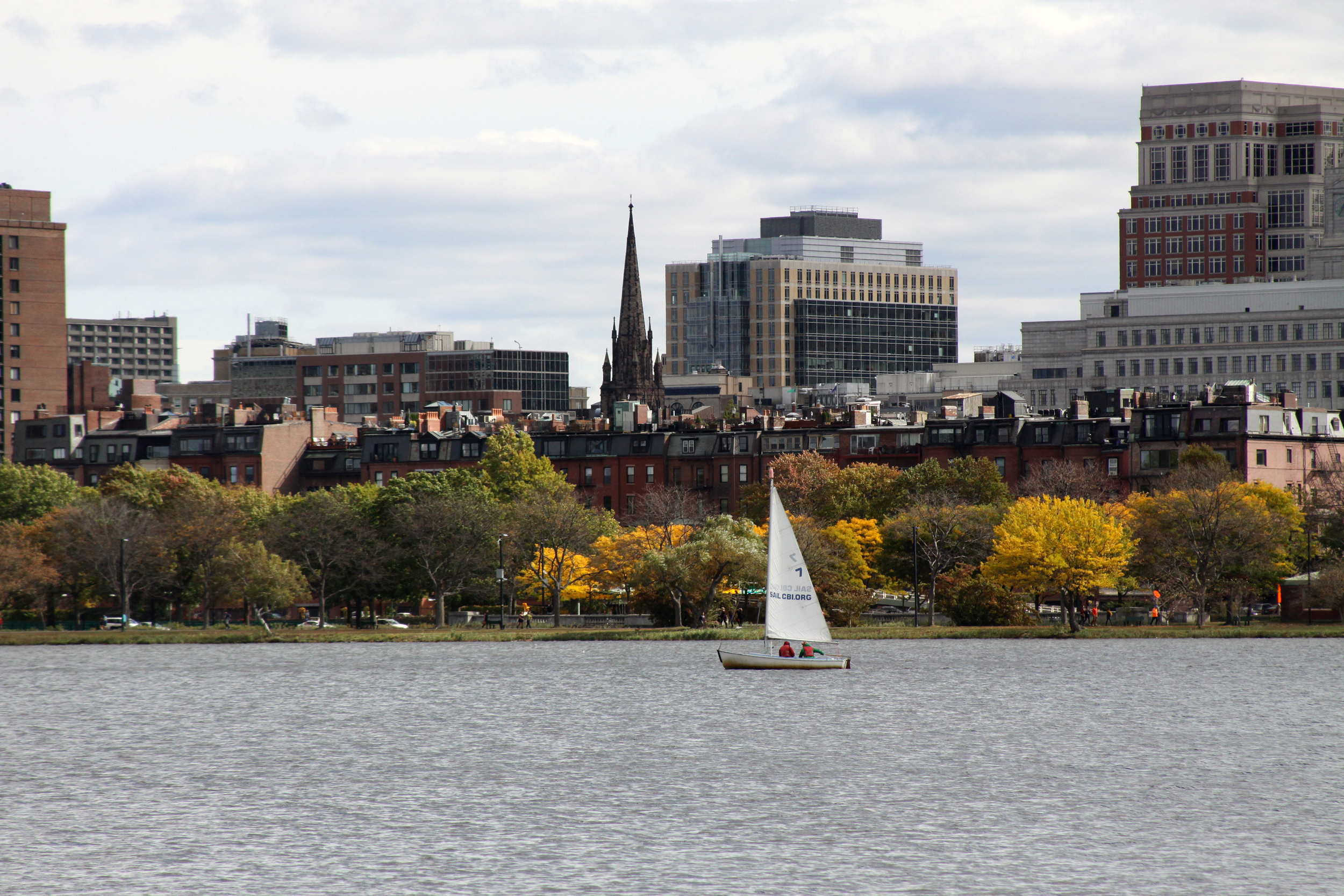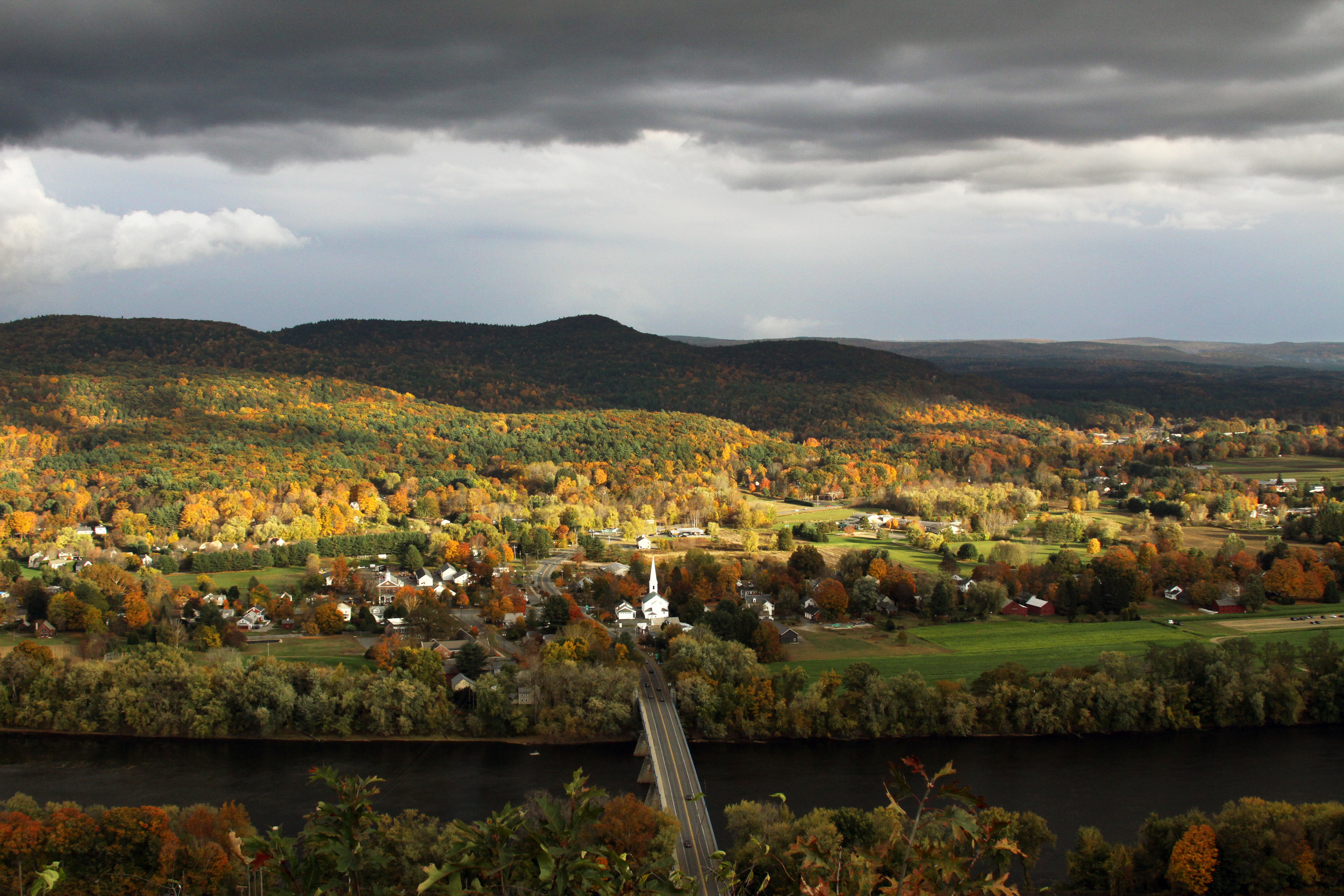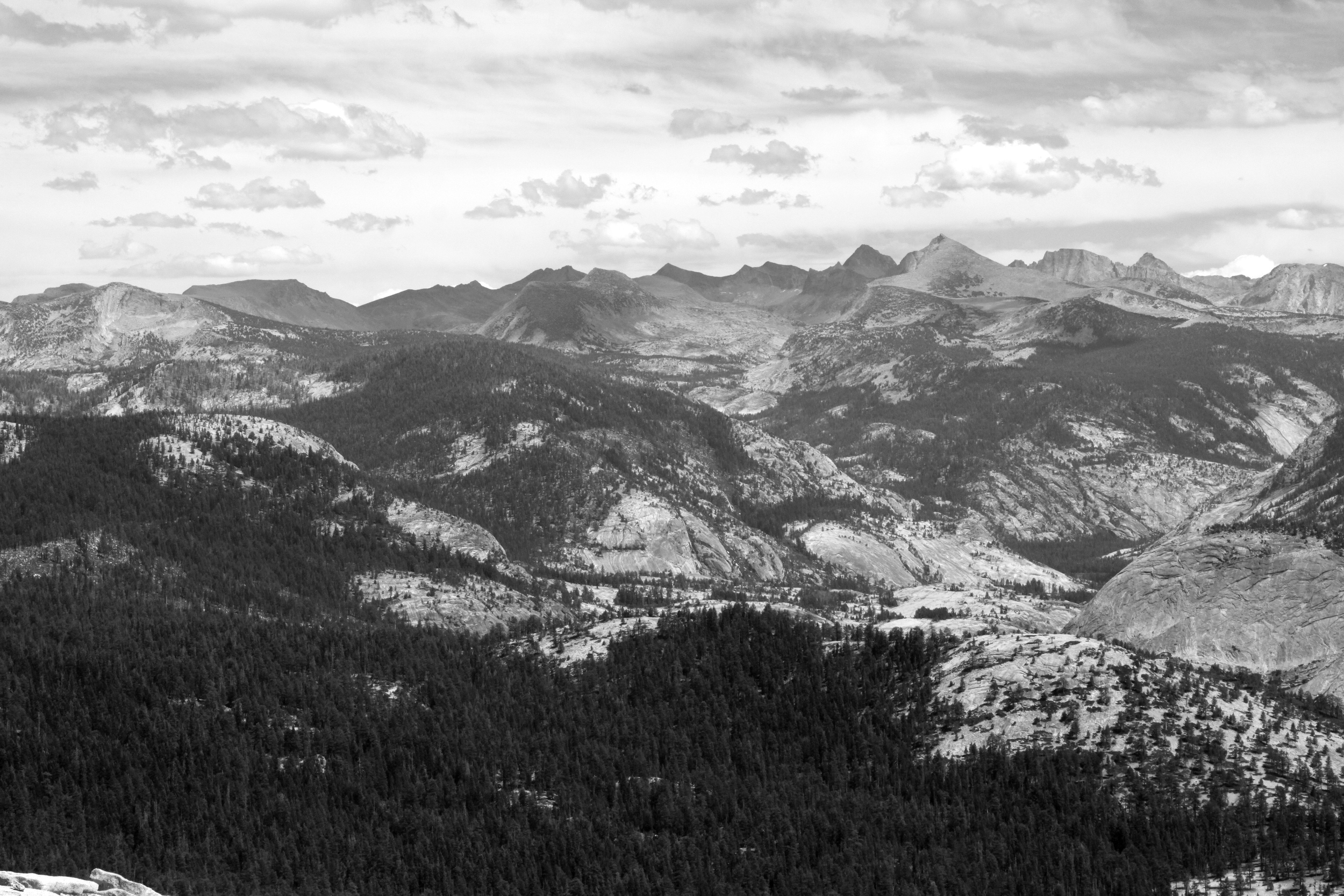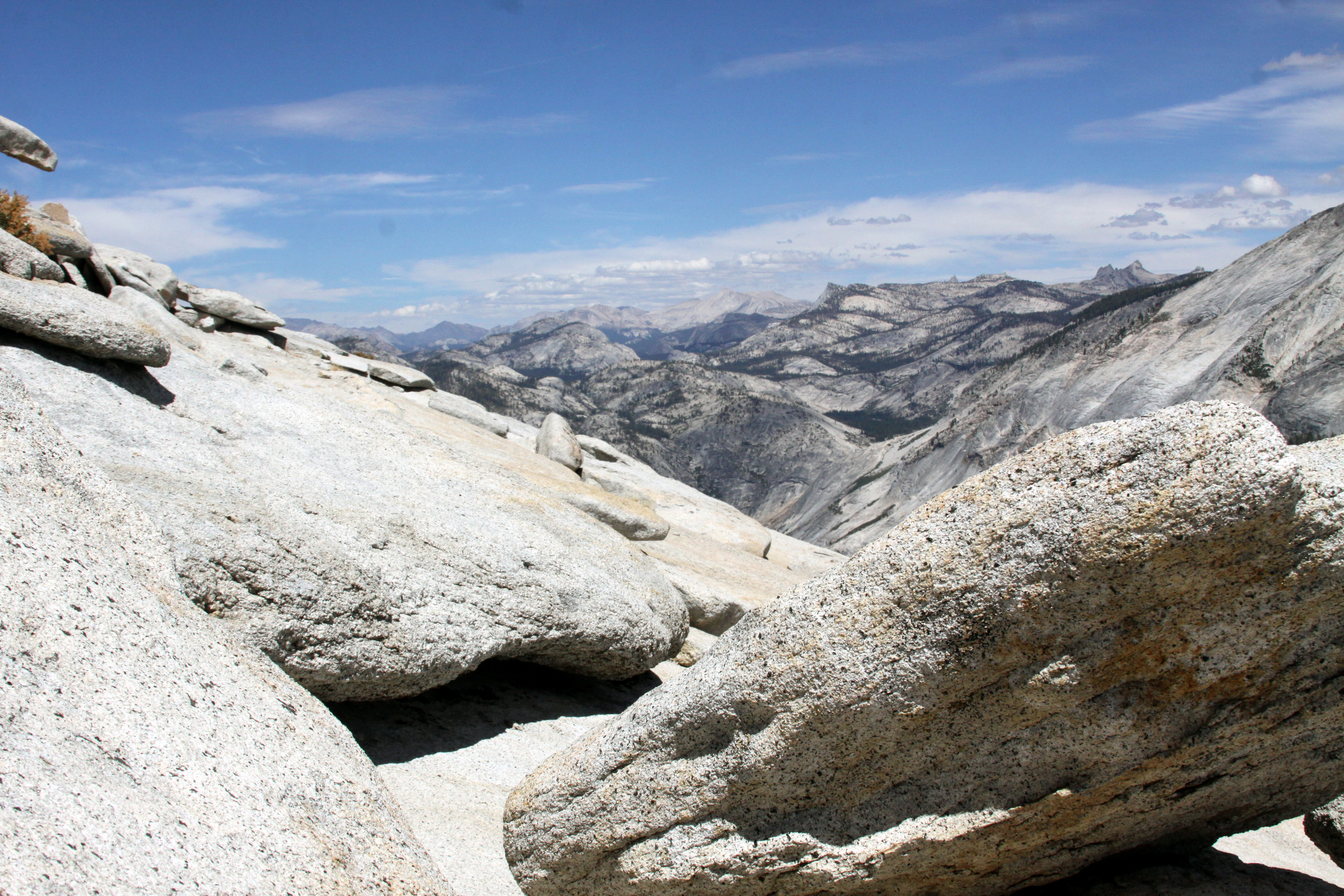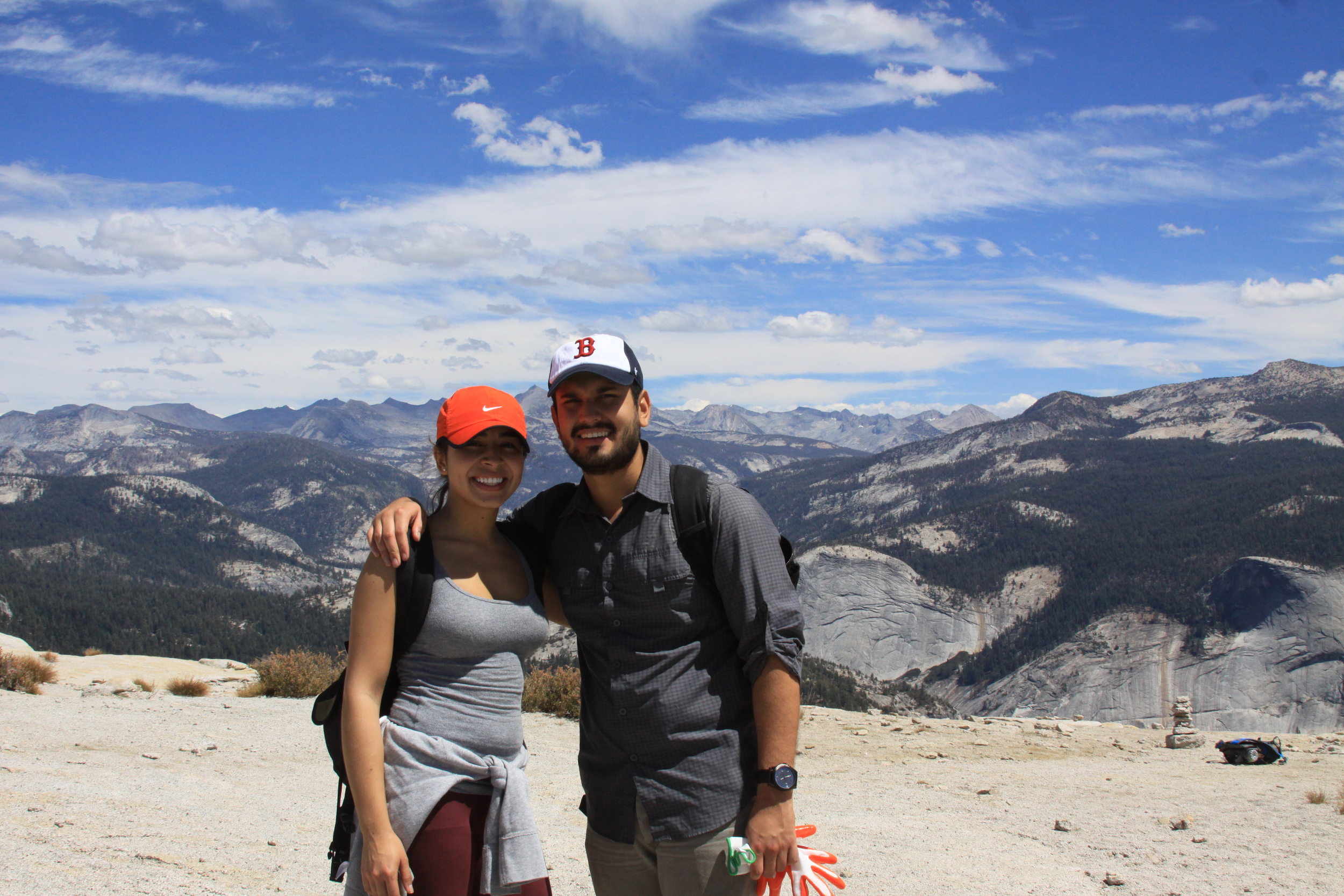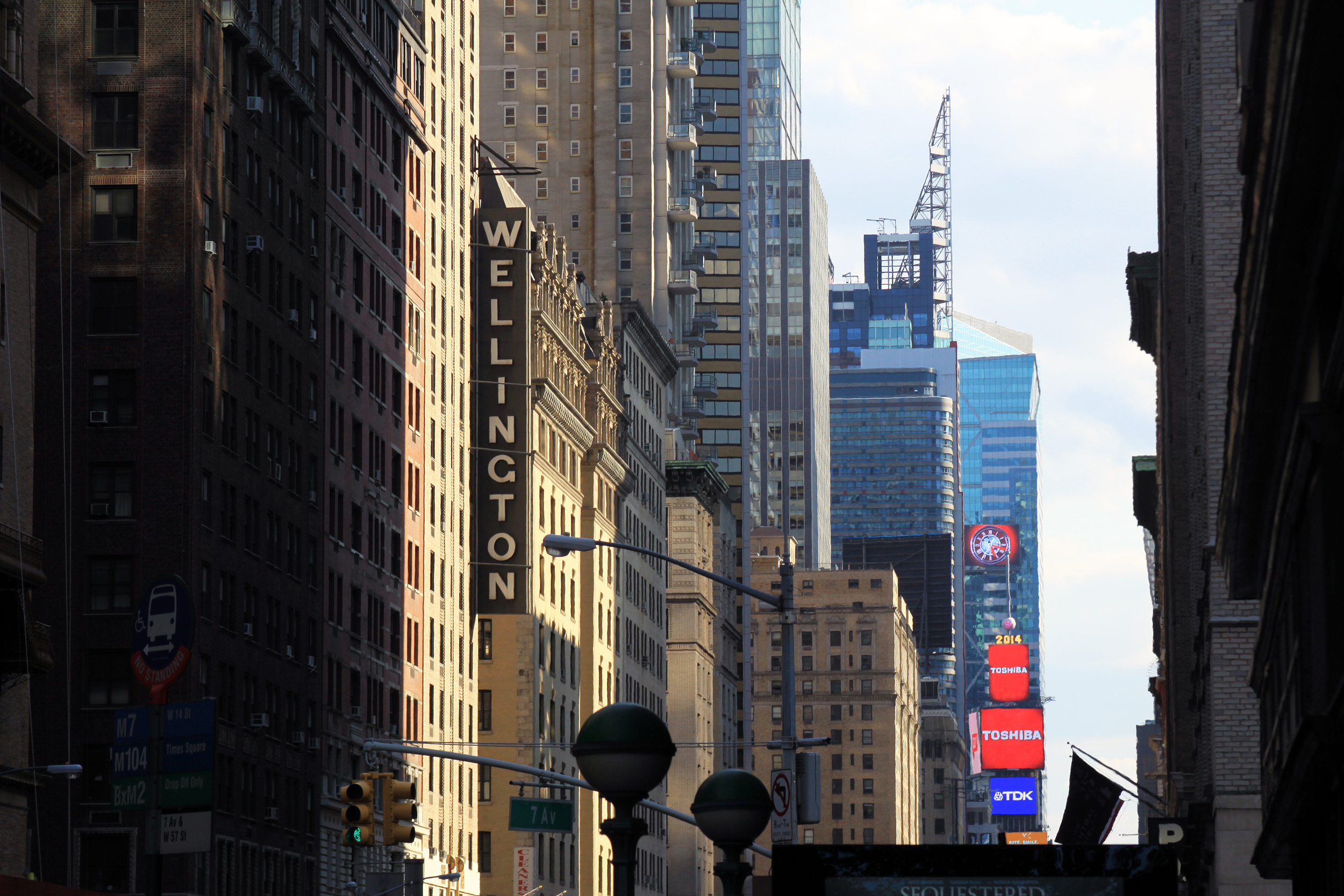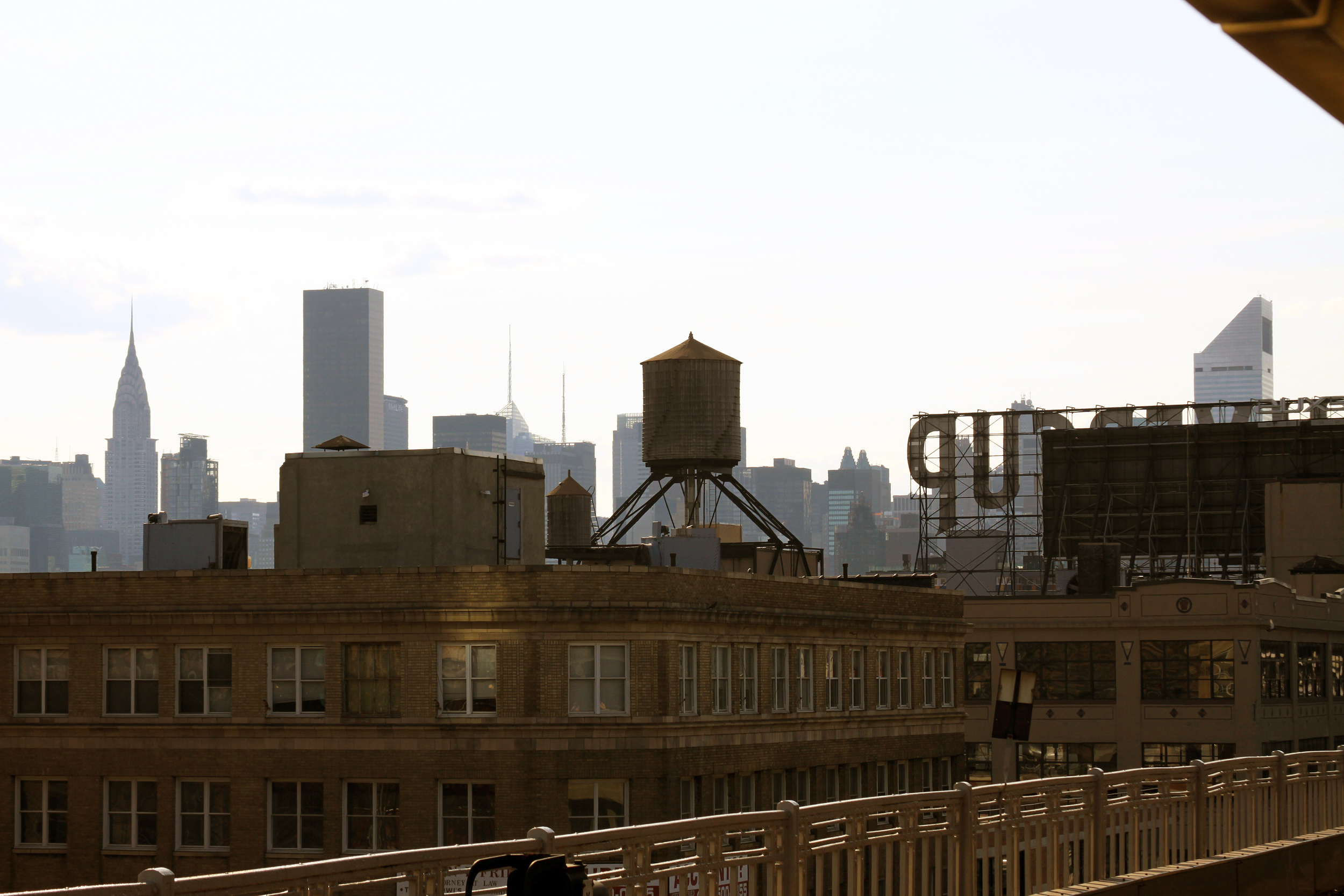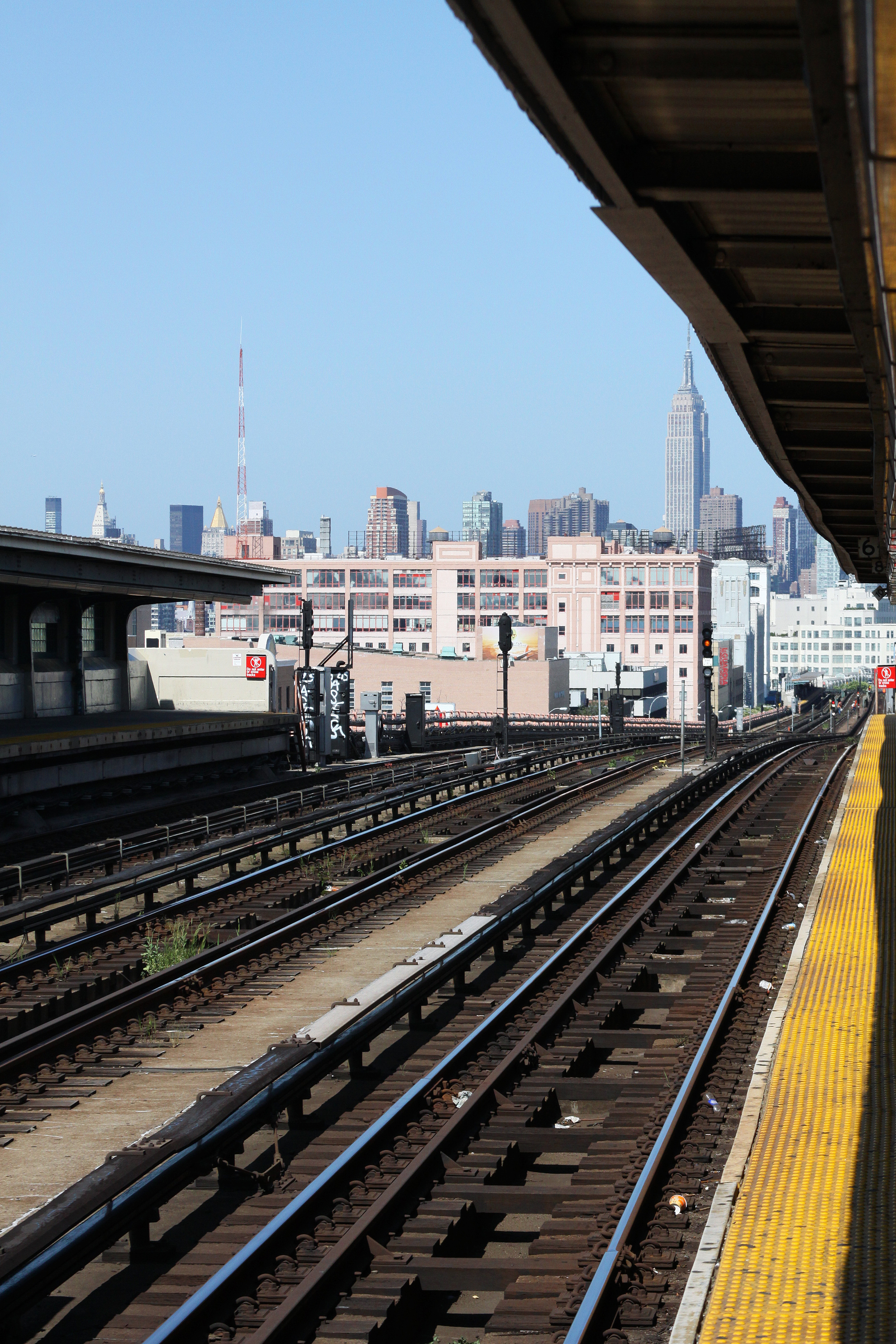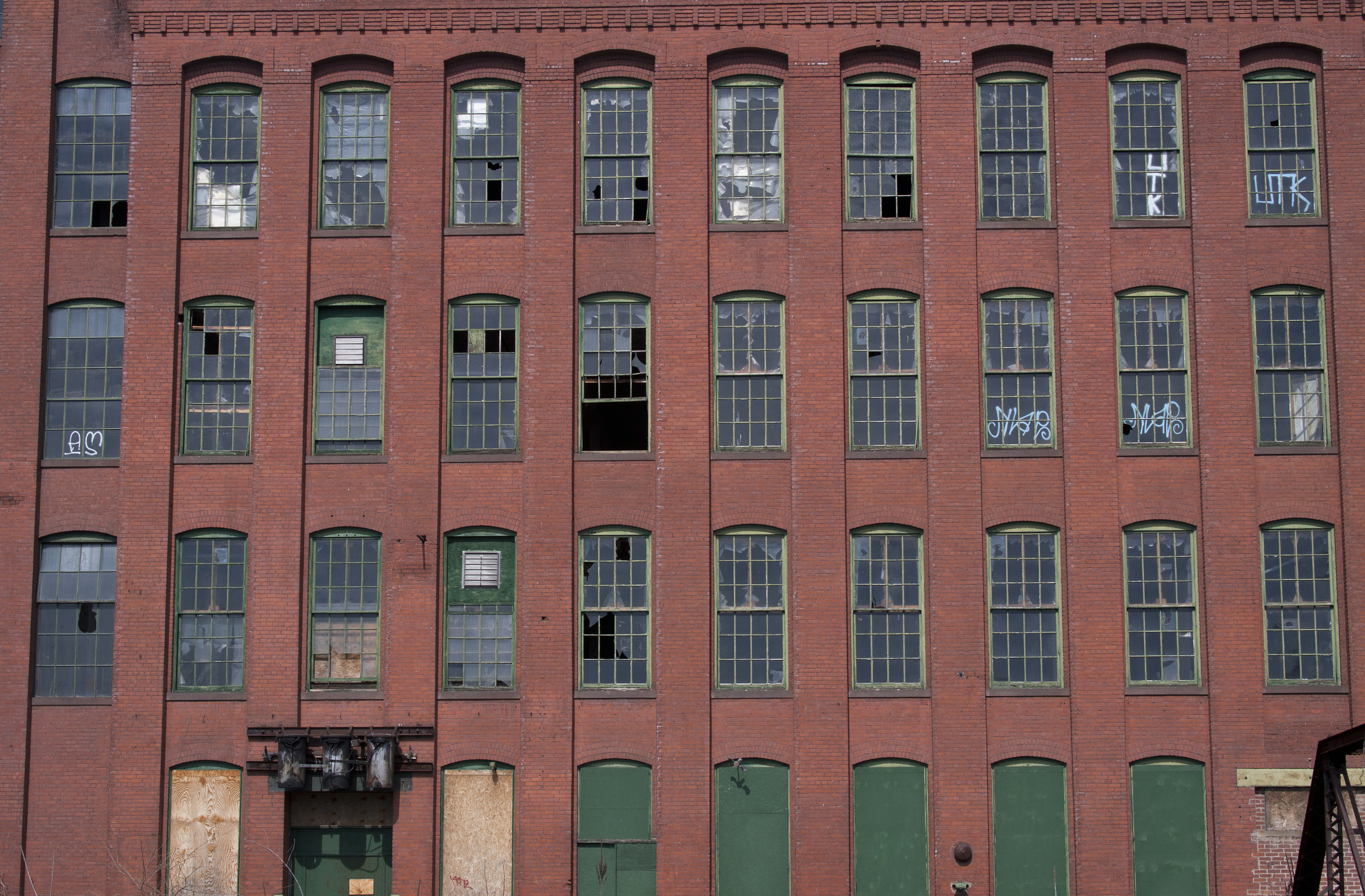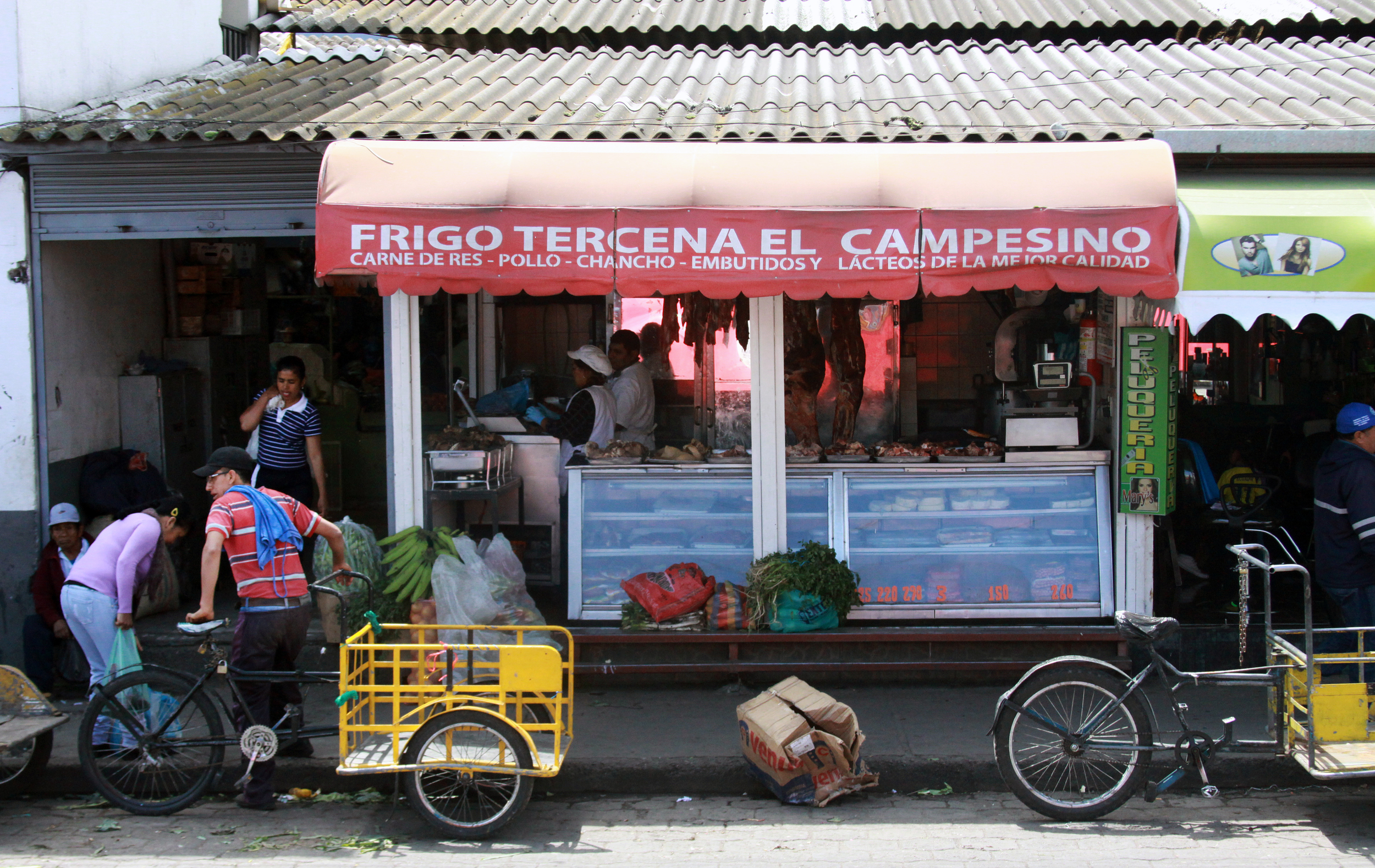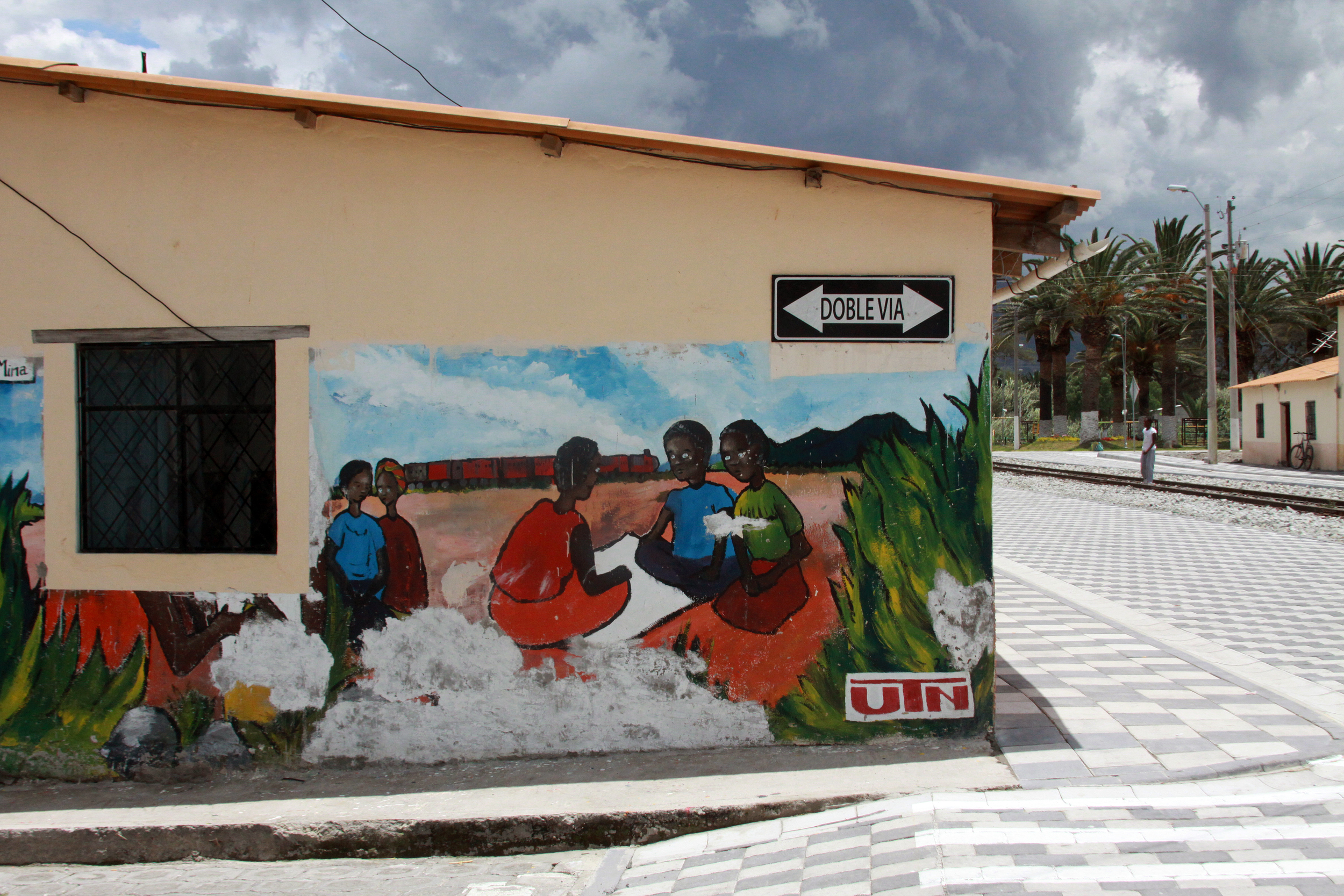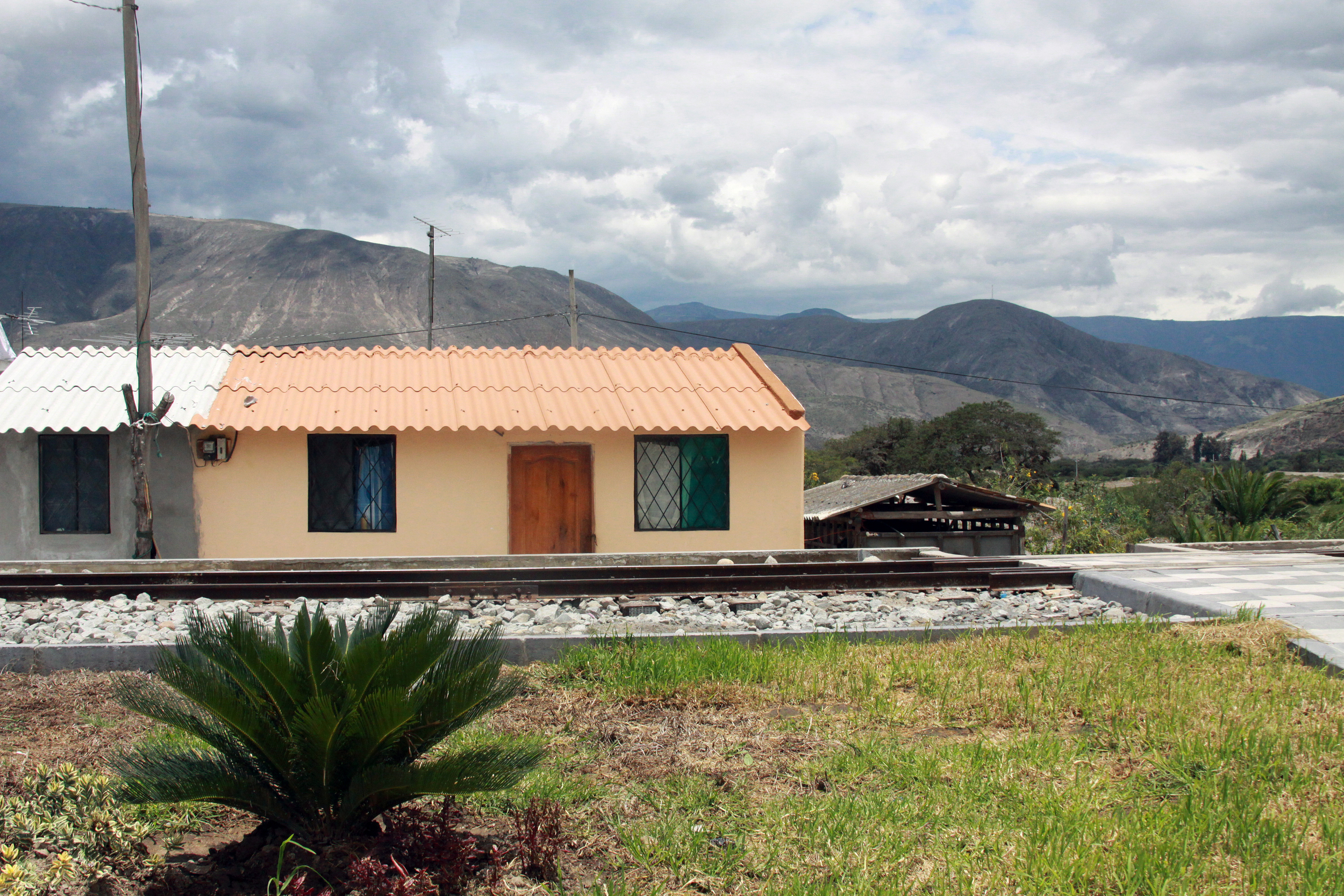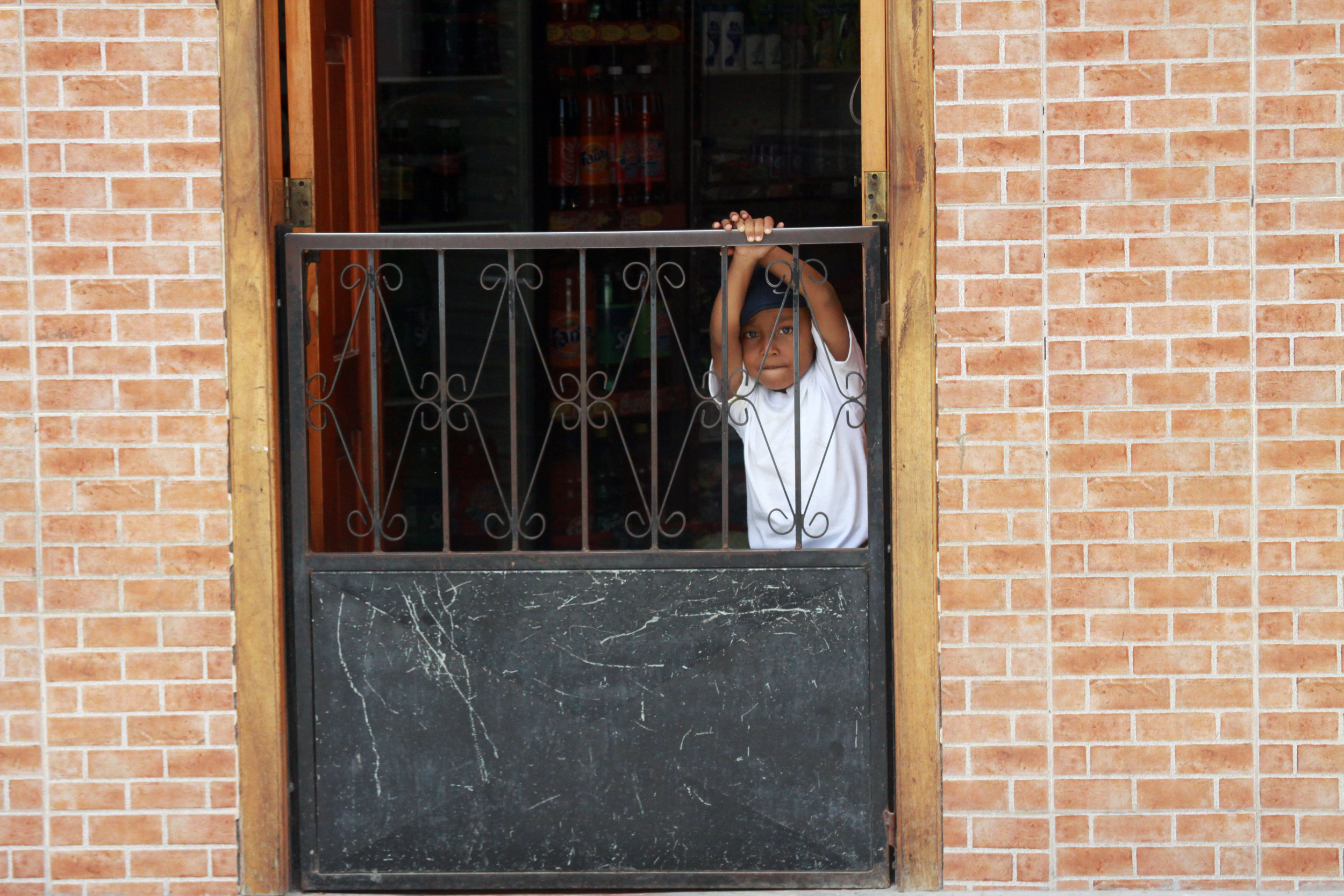The leader of the Cuban Revolution, Fidel Castro died on Friday November 25th 2016 at 90 years-old. It only seems appropriate to reflect on the complex and perplexing experience that is Cuba today. During my trip to Cuba in August, I spoke to locals who had opposing views, there was the idealistic older generation of Castro loyalists and the young and disillusioned who remember José Martí poems as pretty and unrealistic children's stories. I was there for the celebration of his 90th birthday on August 13th, where across the country celebrations were held. I visited museums, carefully curated and shrine-like, that elevated Fidel Castro as a sort of demigod. I stayed in casa's particulares where families offered the same rationed breakfast every day; 1 egg, small bits of ham, small basket of bread, coffee and a fruit salad. I walked through streets of dilapidated buildings where people refused to move out of, beautiful and rustic, falling apart just like the communist dream. There were tourists who ate expensive seafood dinners and comfortably had access to internet from their hotel terraces, in contrast to the local Cuban's who ate cheap ham sandwiches everyday and huddled in parks where for short periods of time could connect to spotty signals. Anthony DePalma from the New York times accurately sums up the legacy left by Castro in his recent article:
“His legacy in Cuba and elsewhere has been a mixed record of social progress and abject poverty, of racial equality and political persecution, of medical advances and a degree of misery comparable to the conditions that existed in Cuba when he entered Havana as a victorious guerrilla commander in 1959”
Cuba has a great track record in terms of free access to quality education for everyone and has one of the highest literacy rates in the world, as of 2015 Cuba's adult literacy rate was 99.7% according to the world development indicators. This is evident when talking to Cubans, anyone from a waiter to a security guard can hold an intellectual conversation. But there's no market to absorb the educated and skilled labor force in Cuba, leading people to take any job to make ends meat, you see increasing levels of poverty and inequality. The health care system is exemplary which has resulted in extremely low child mortality rates (4 per 1,000 lives births in 2015 compared to 5.6 per 1,000 live births in the U.S. in 2015) and access to reproductive services for women. One woman I spoke to explained how her abortions had been covered at no cost in her youth as well as her fertility treatments when she was ready to be a mother but unable to conceive. These social strides have been overshadowed by the oppressive conditions of the state and lack economic development. In the 90's Cuban entered what is called "período especial en tiempos de paz" a euphemism for the economic crisis that occurred when the Soviet Union fell. Levels of malnutrition increased as the state decreased rations to reflect the lowering of the minimum calorie intake per person, cars stopped running without access to fuel, and agricultural production came to a near halt. There have been mentions of another periodo special, Raul Castro has been preparing Cuba to deal with the effects Venezuela's economic crisis.
Cuba, with it's complicated history and it's existing contradictions has it's charm. Children run and play in the streets, not absorbed by technology and always eager to kick a ball late into the night. Couples sit on the malecón and drink rum from small juice boxes, they talk and watch people walk by for hours. The people are always willing to talk, eager to share their experiences and yearning to hear of ours outside of the island. They celebrate their Afro-Caribbean culture through dance and music and the liveliness is contagious and all-consuming. At times it felt like there was no world outside of Cuba, just hot and hazy tropical days where time seemed to have stopped.
Cuba was confusing, complex, you fall in love one moment and get your heart broken the next, it's beautiful, tragically romantic, absolutely unique. Below are photographs I took while roaming Cuba this past August.






































